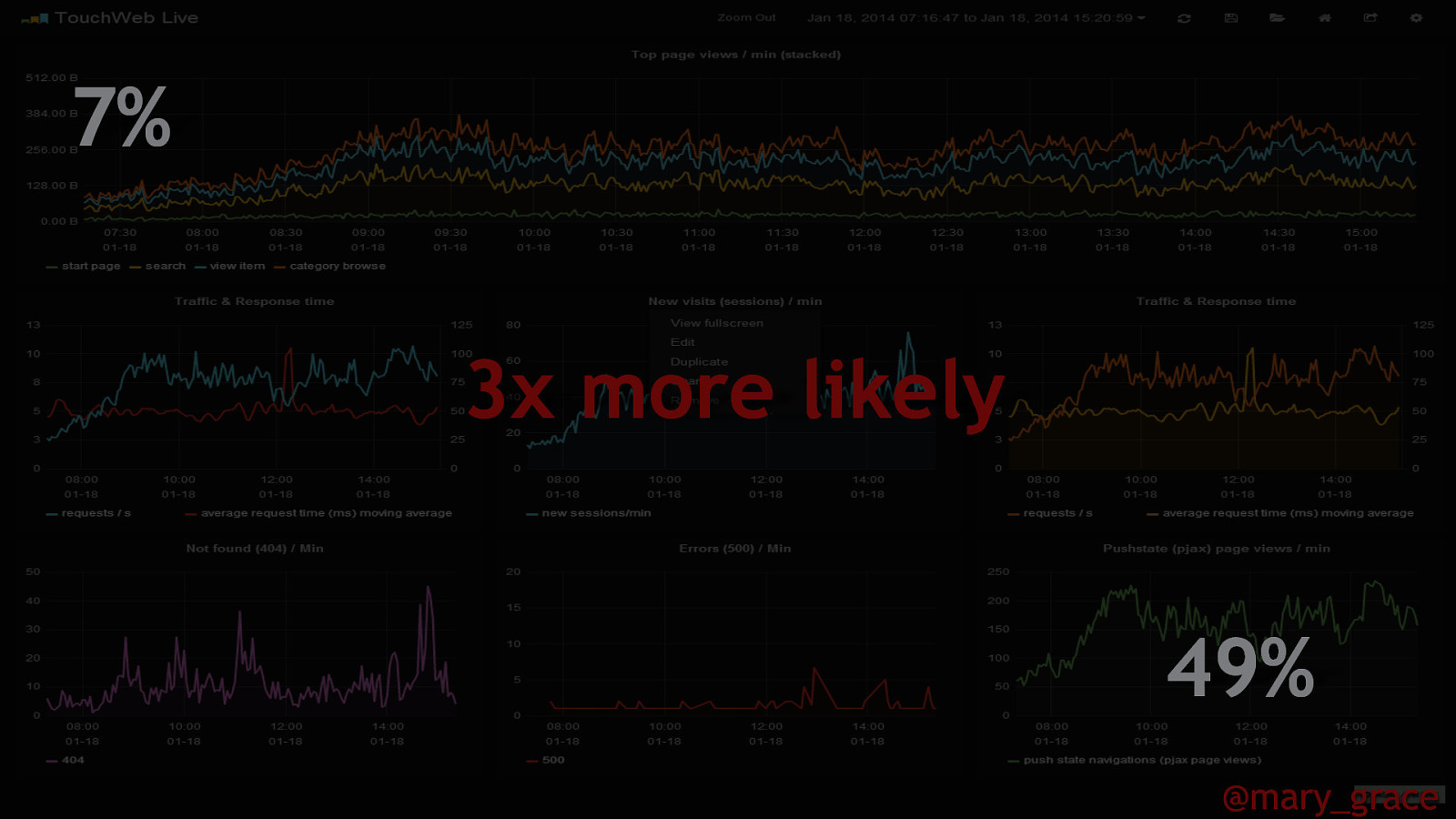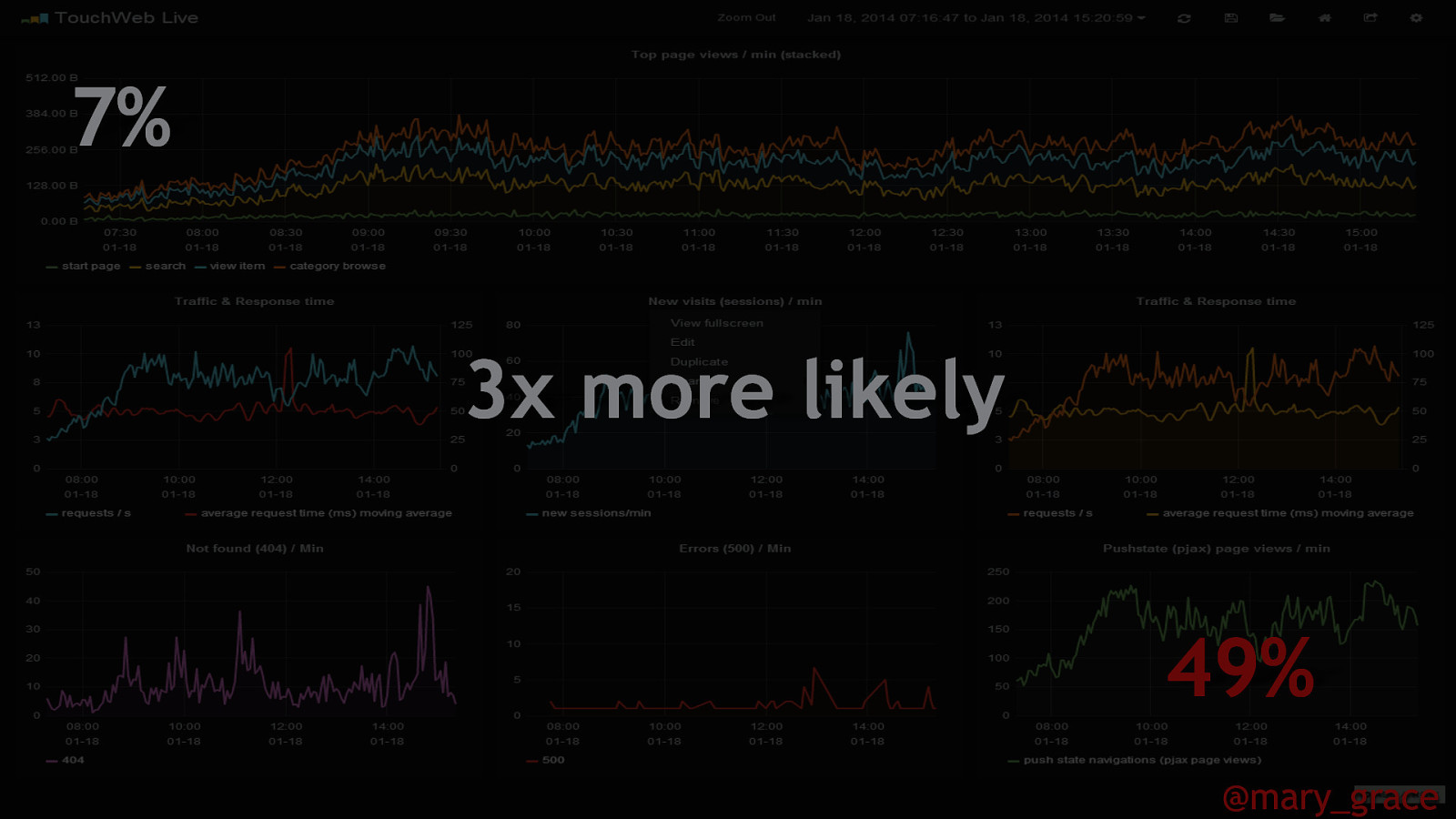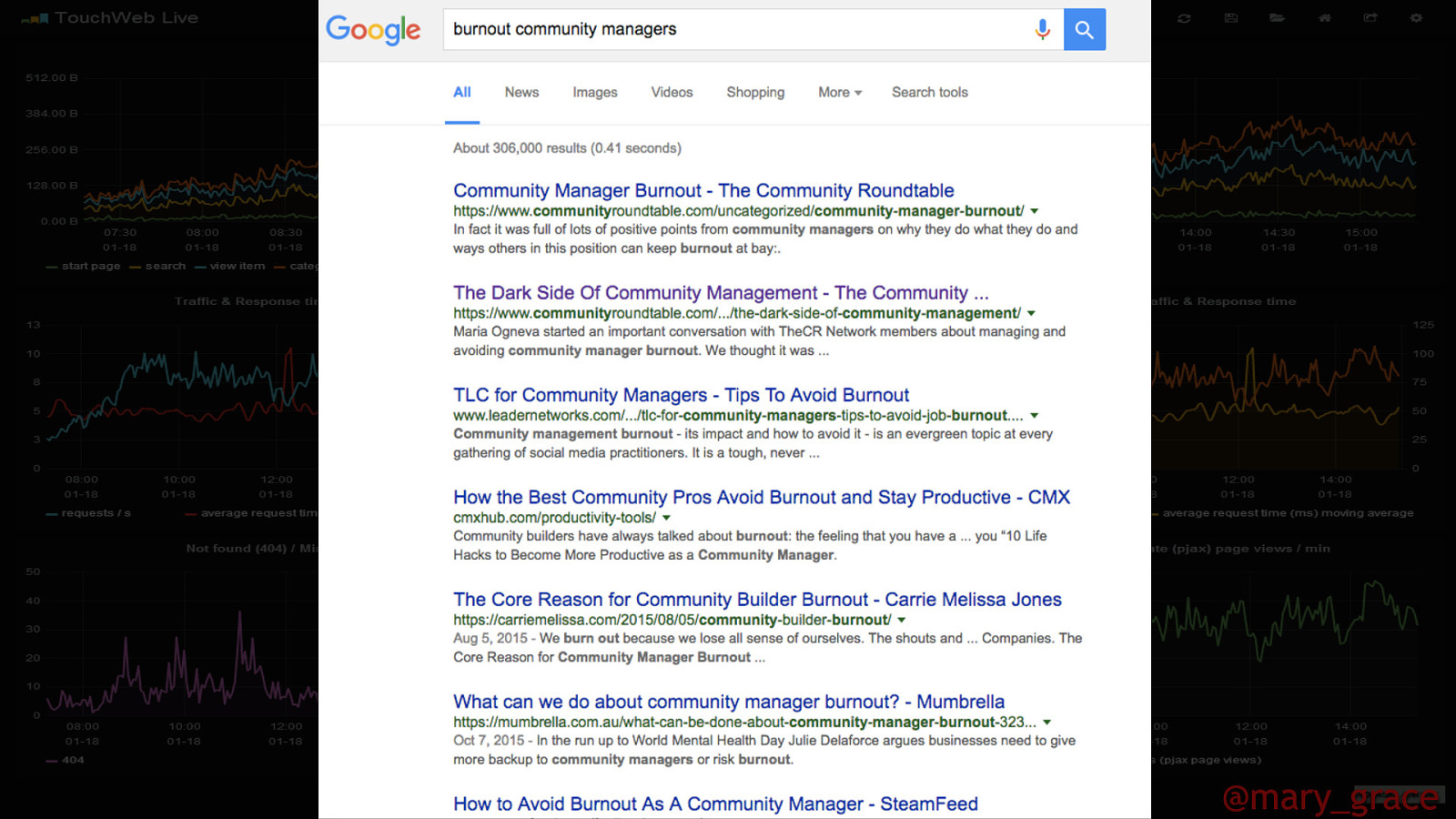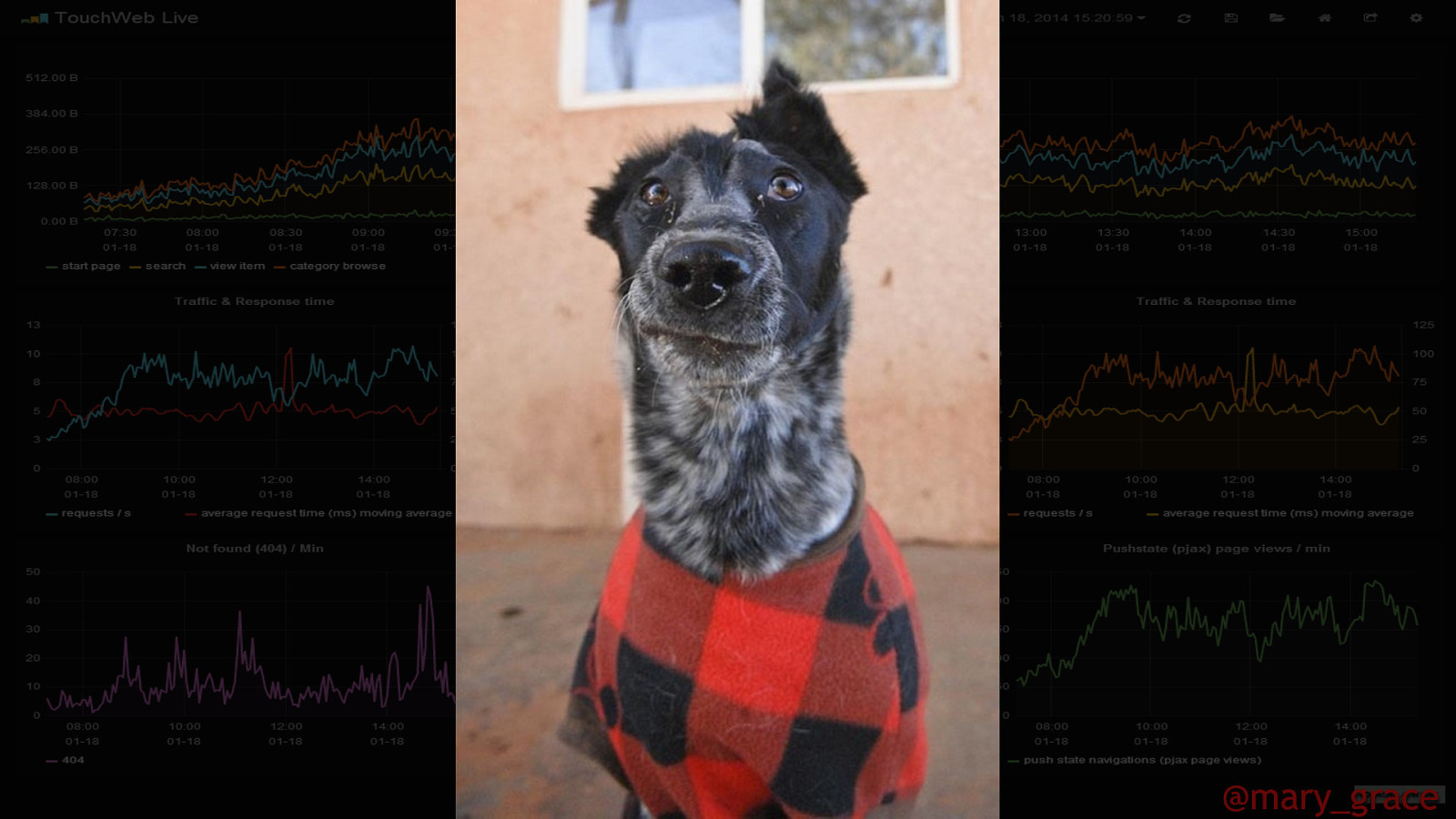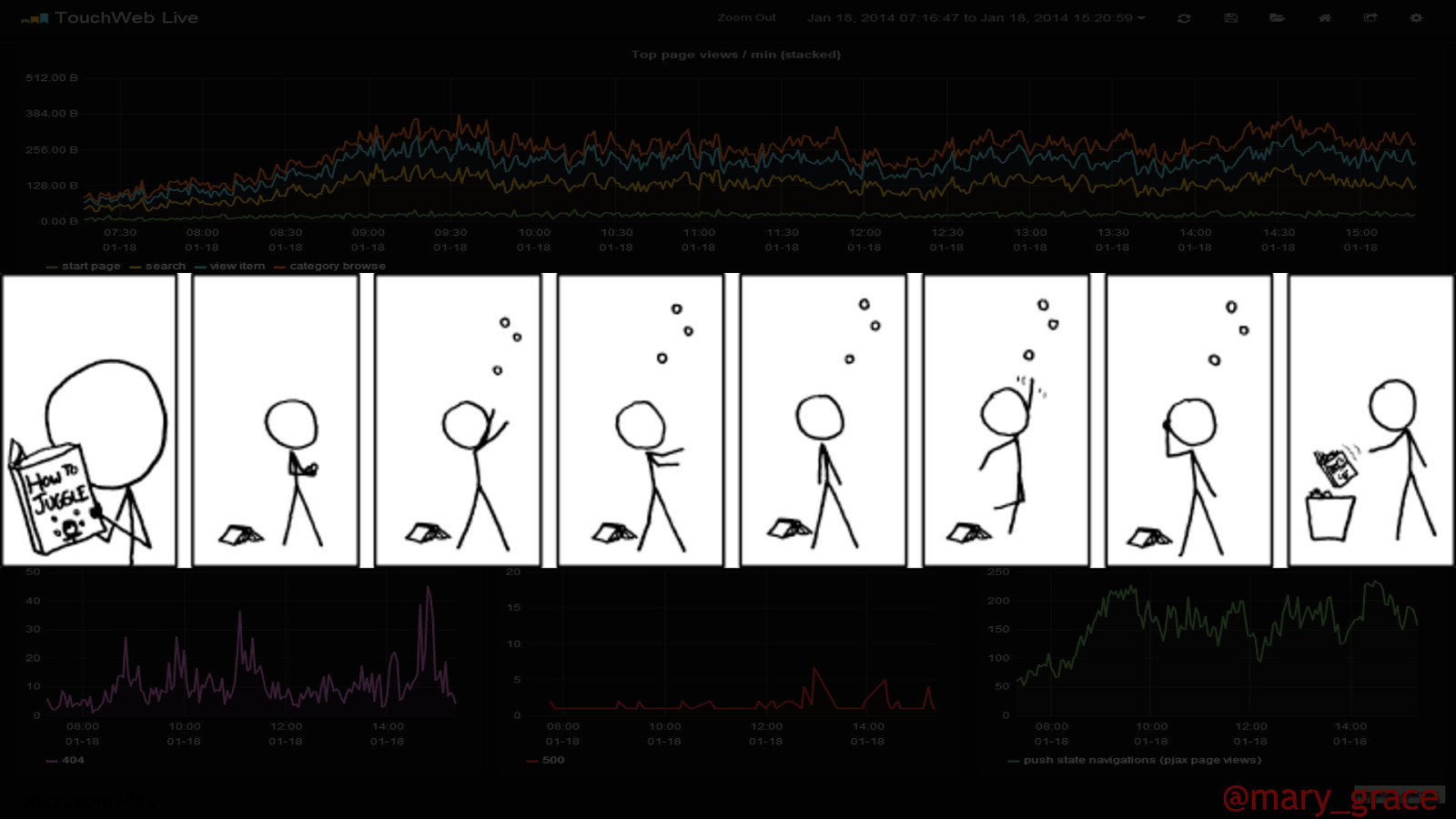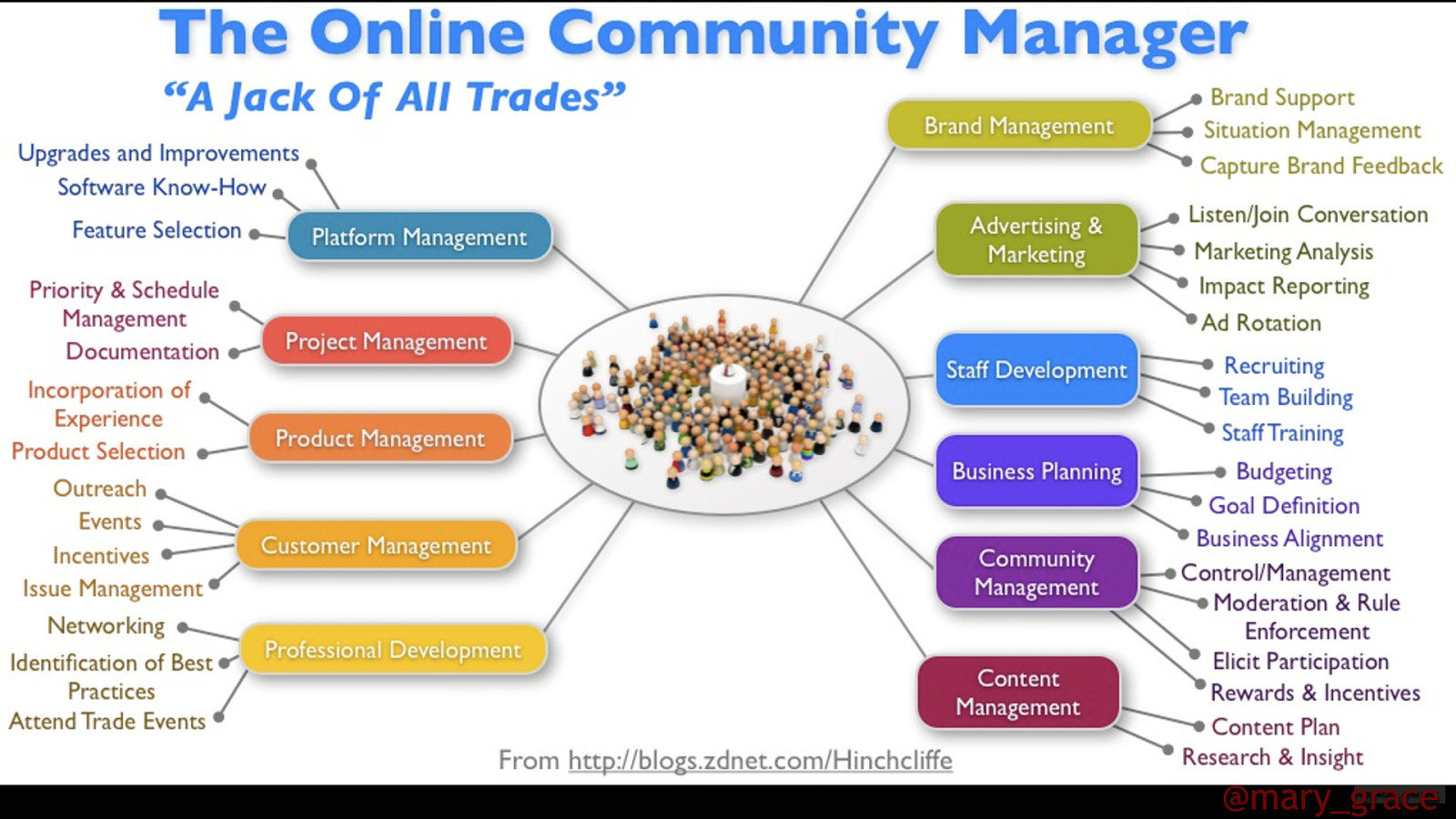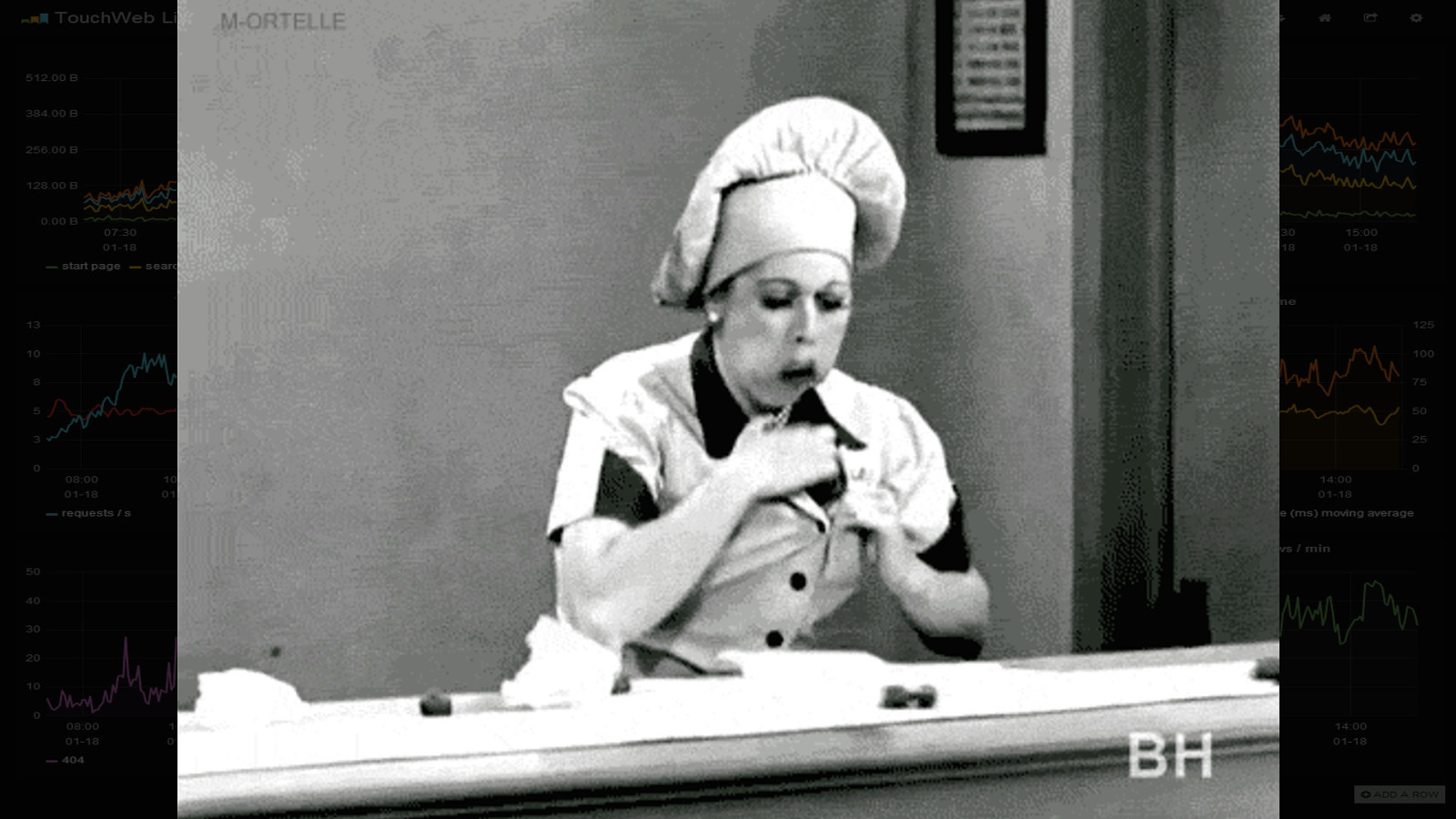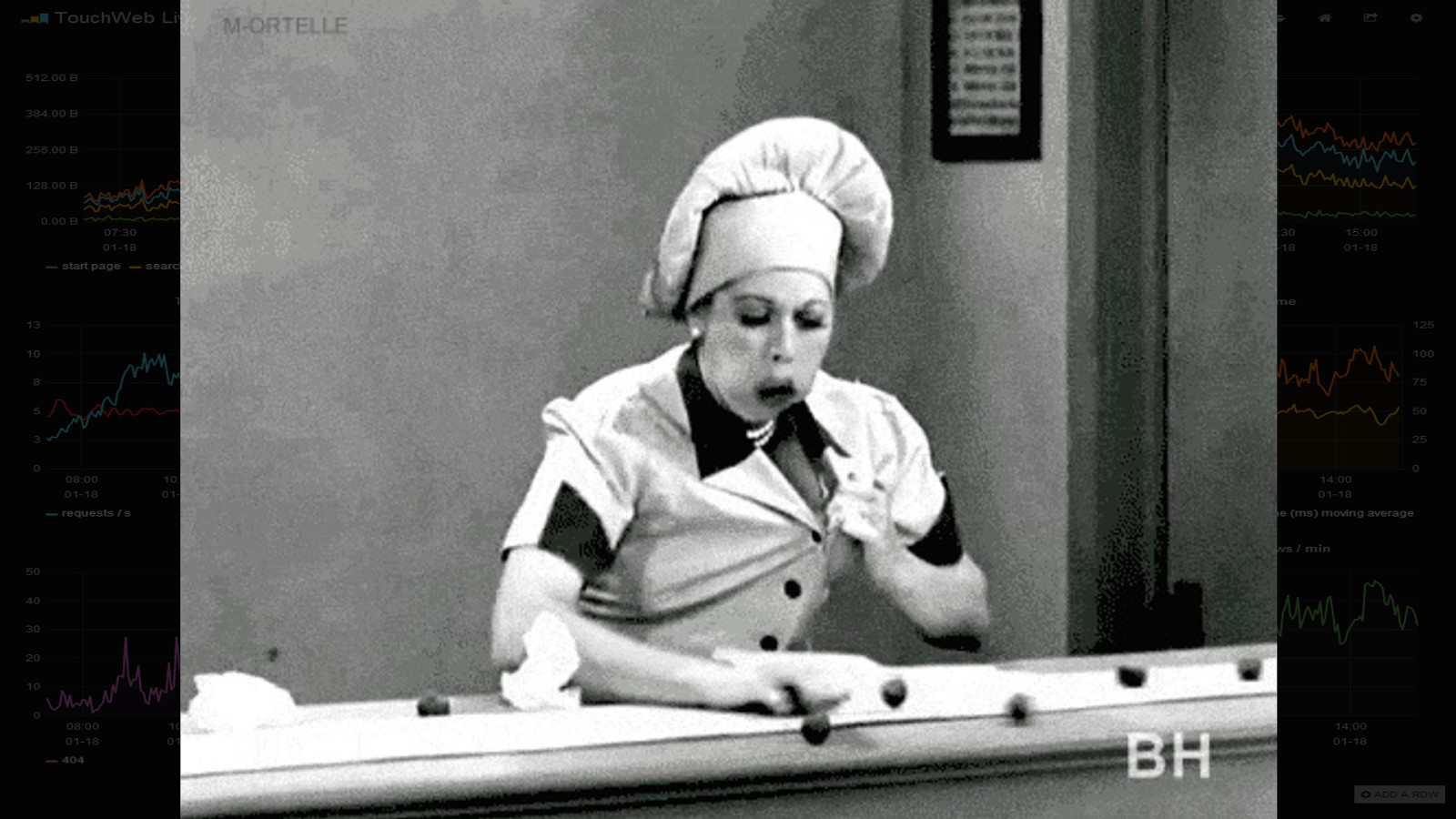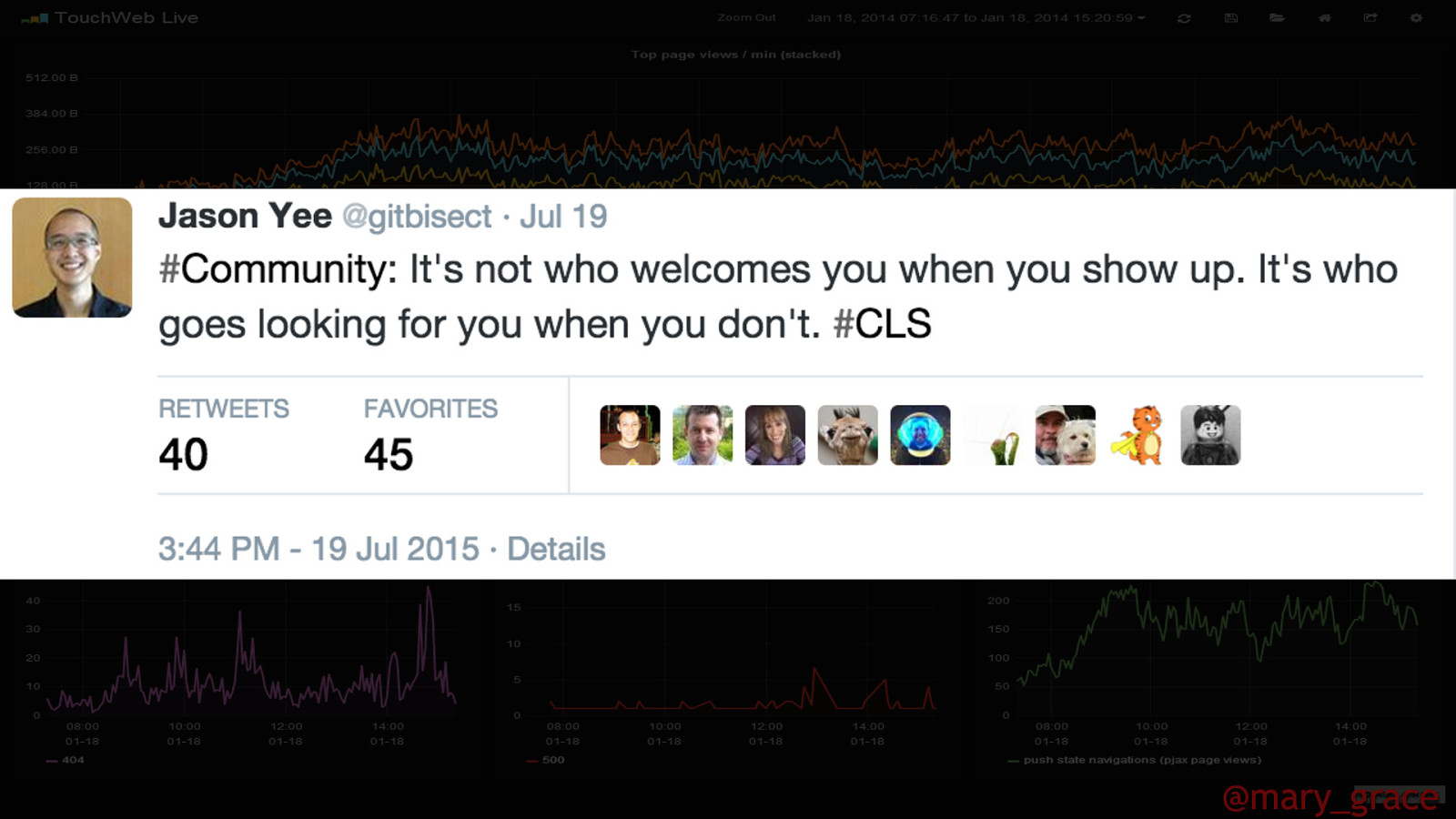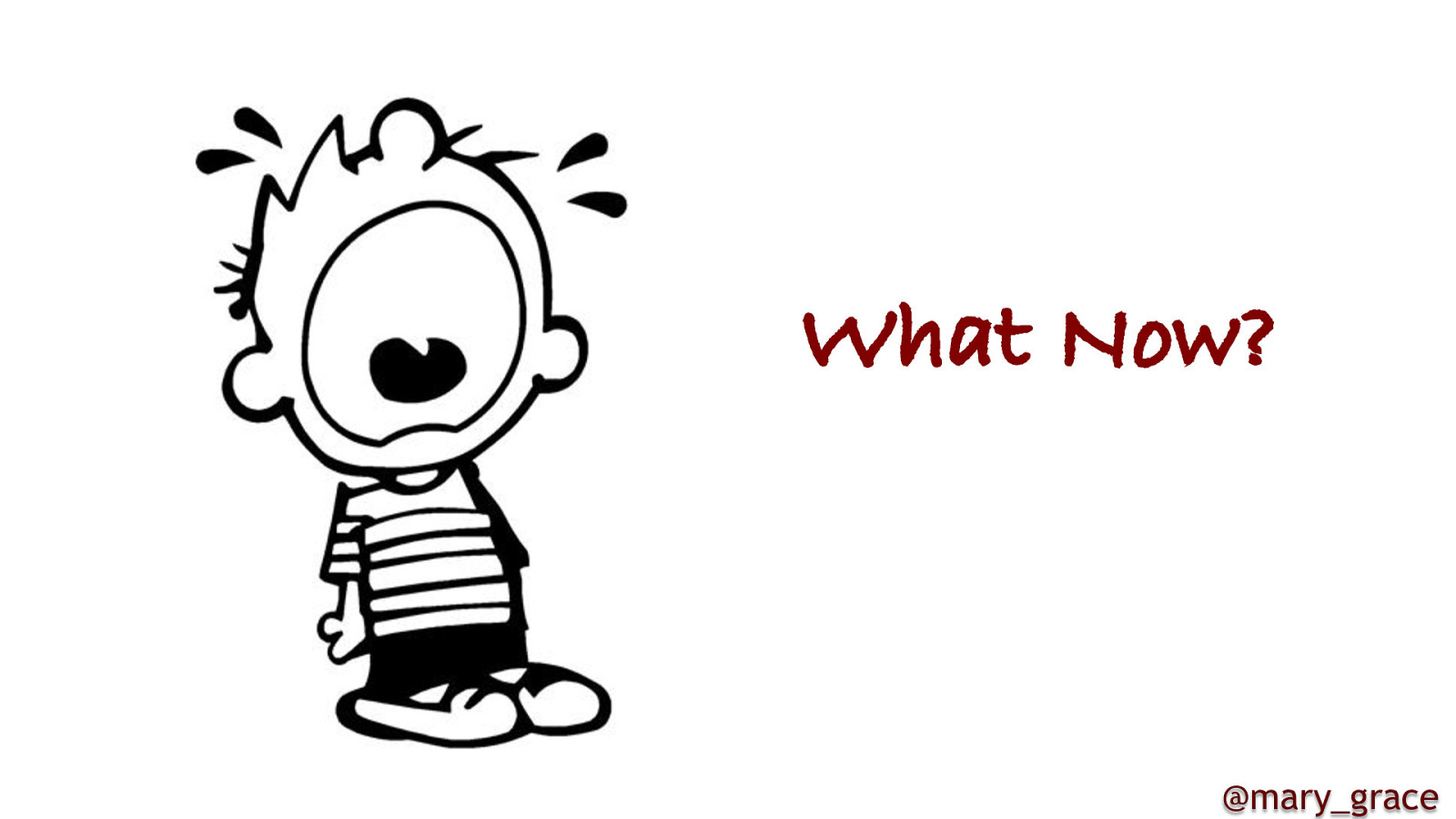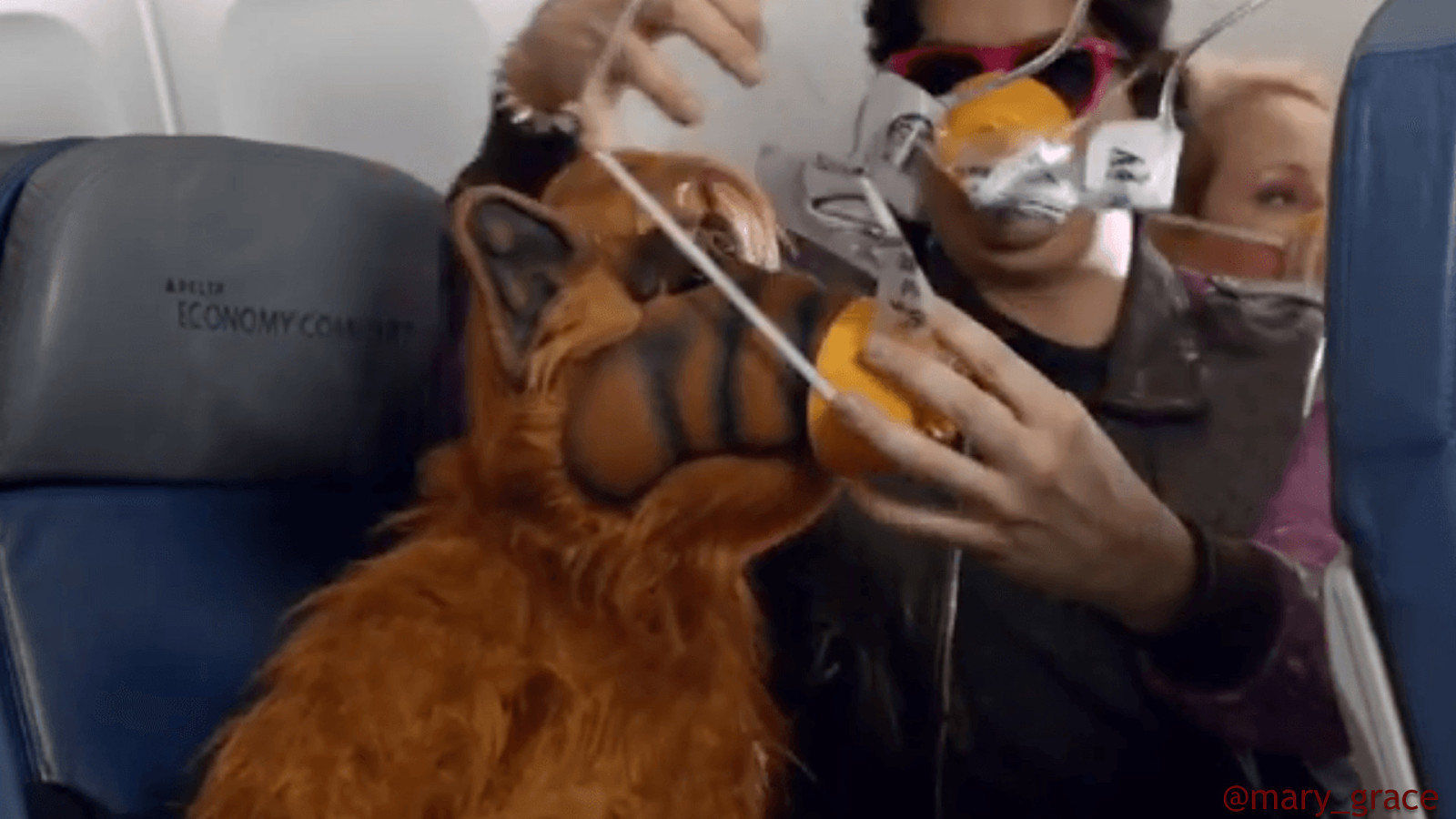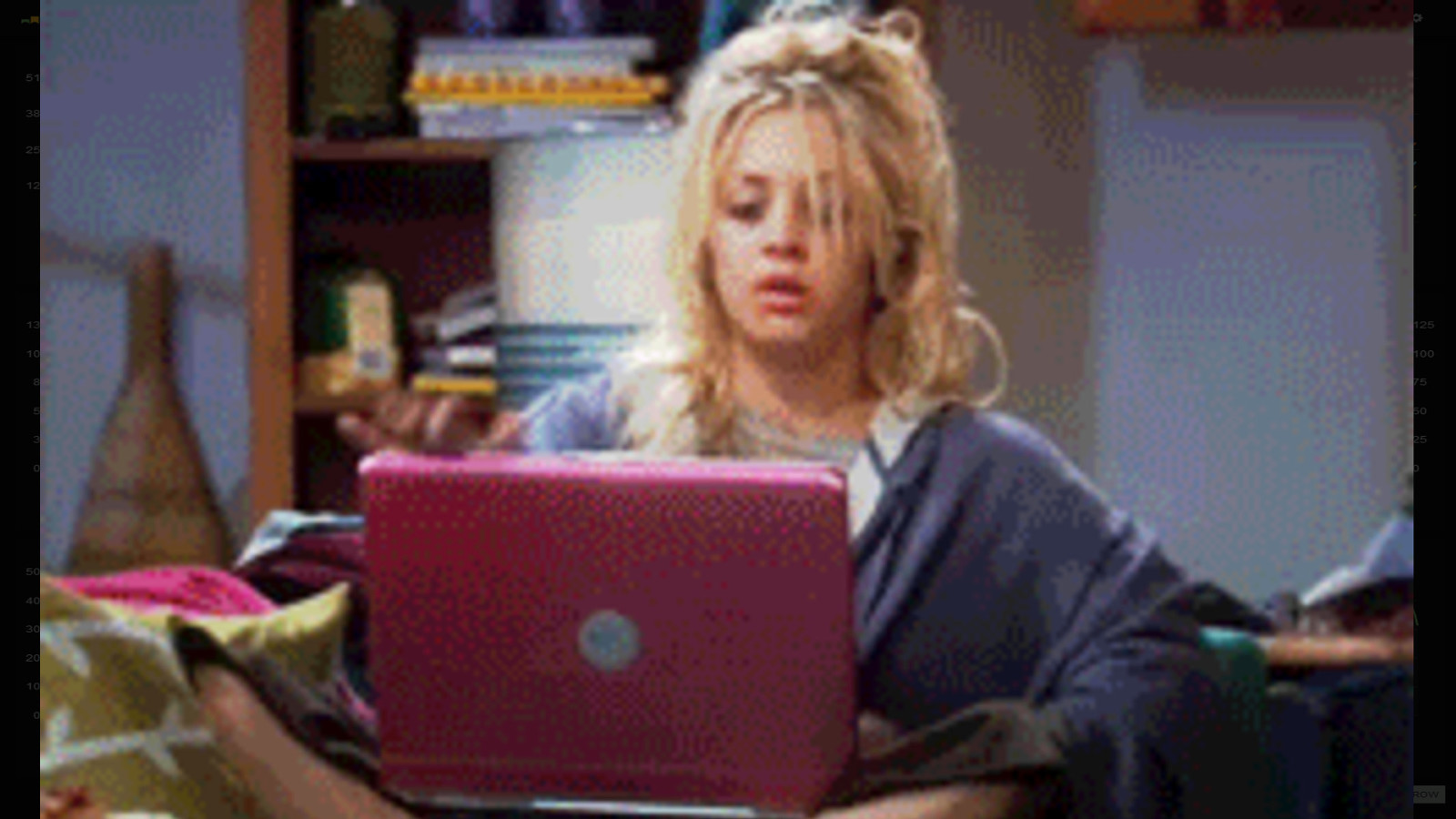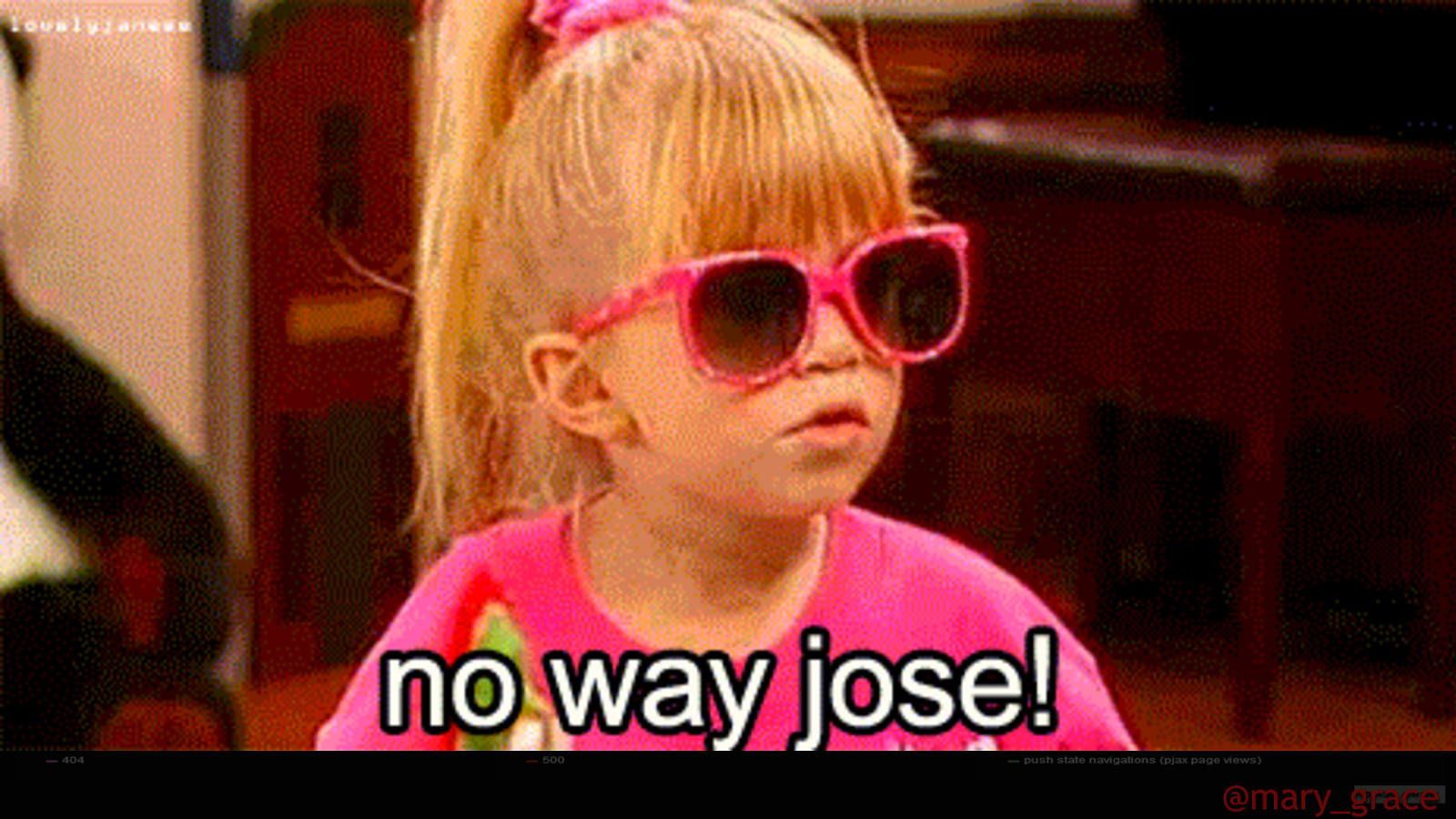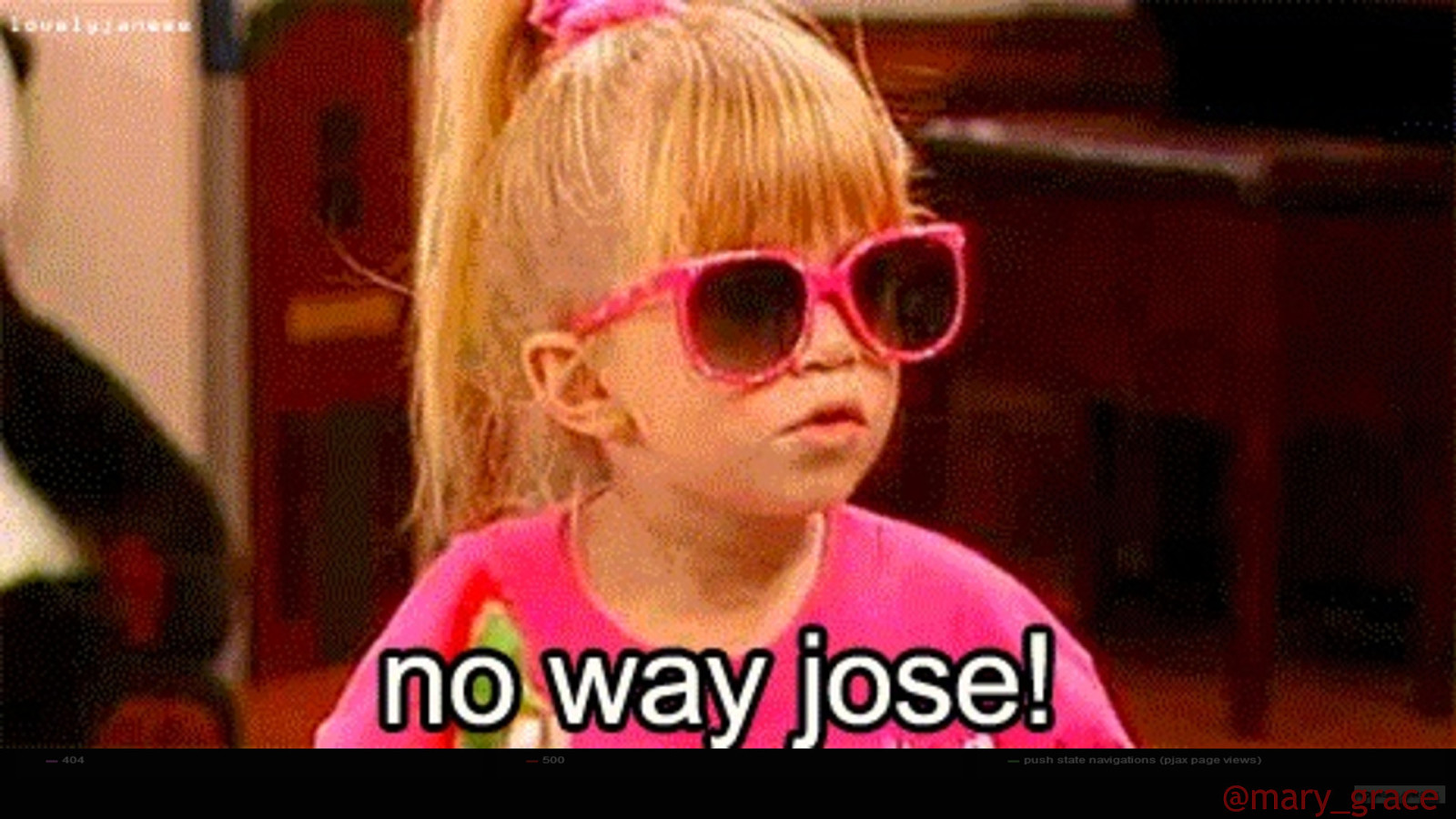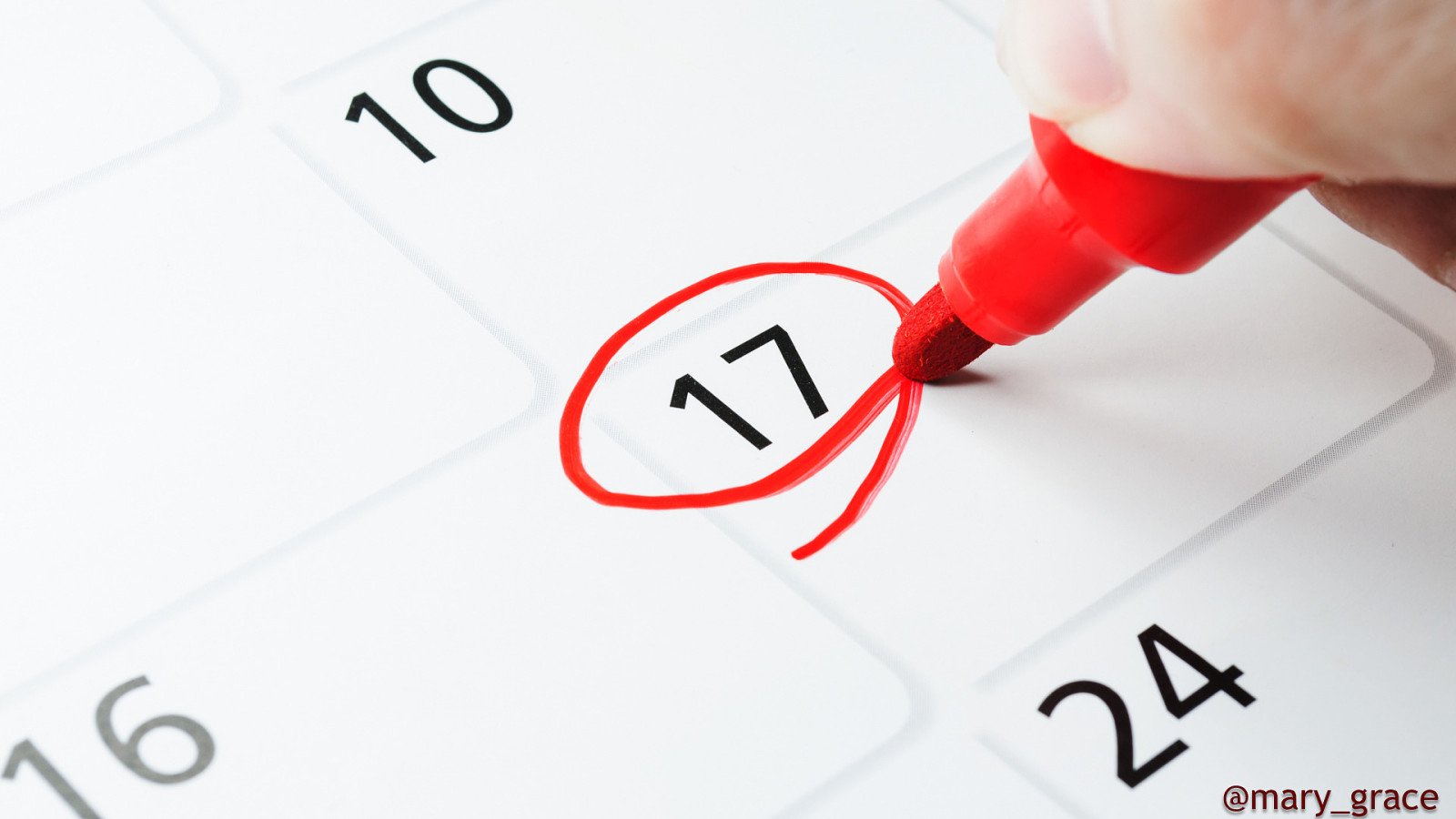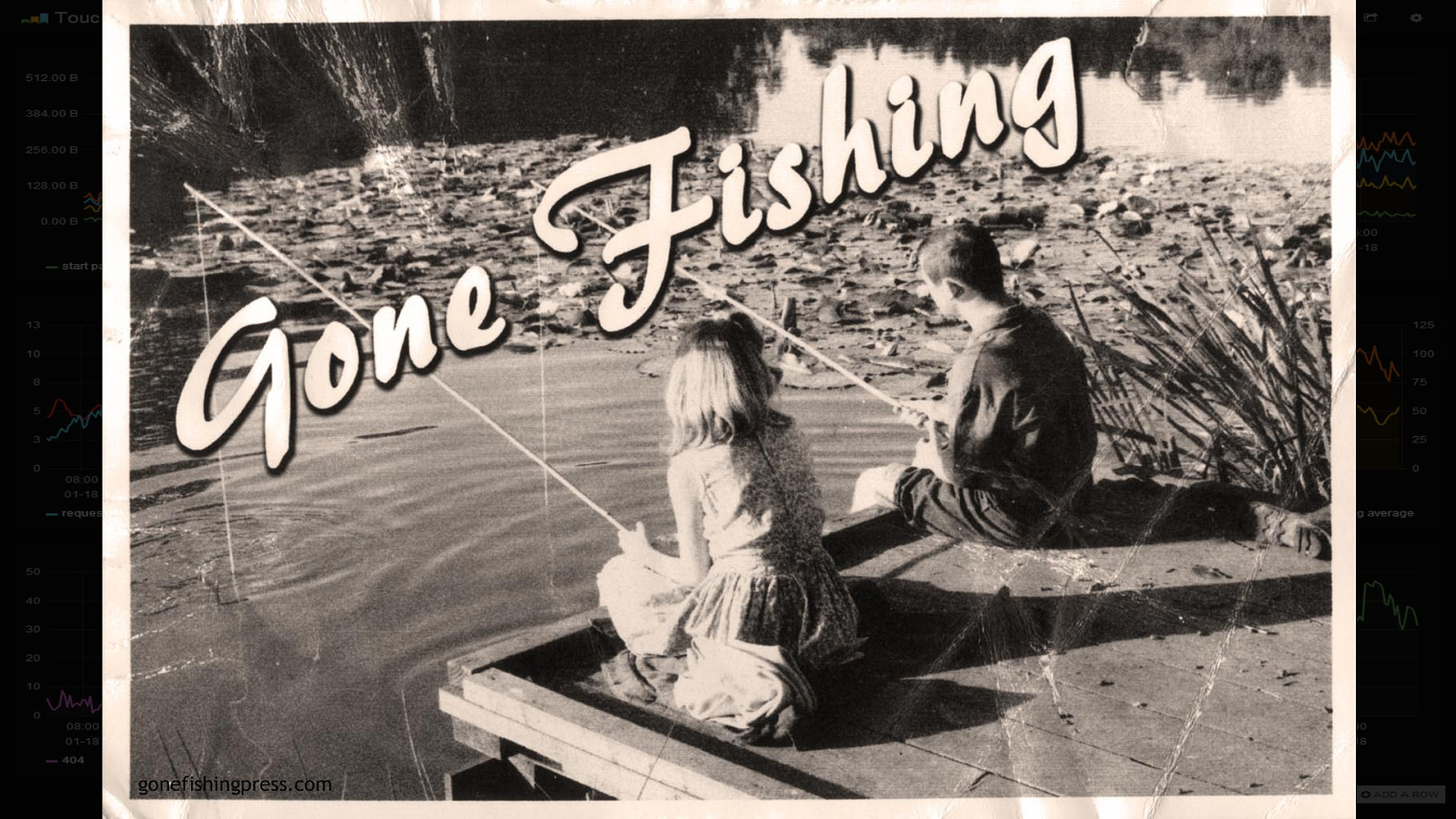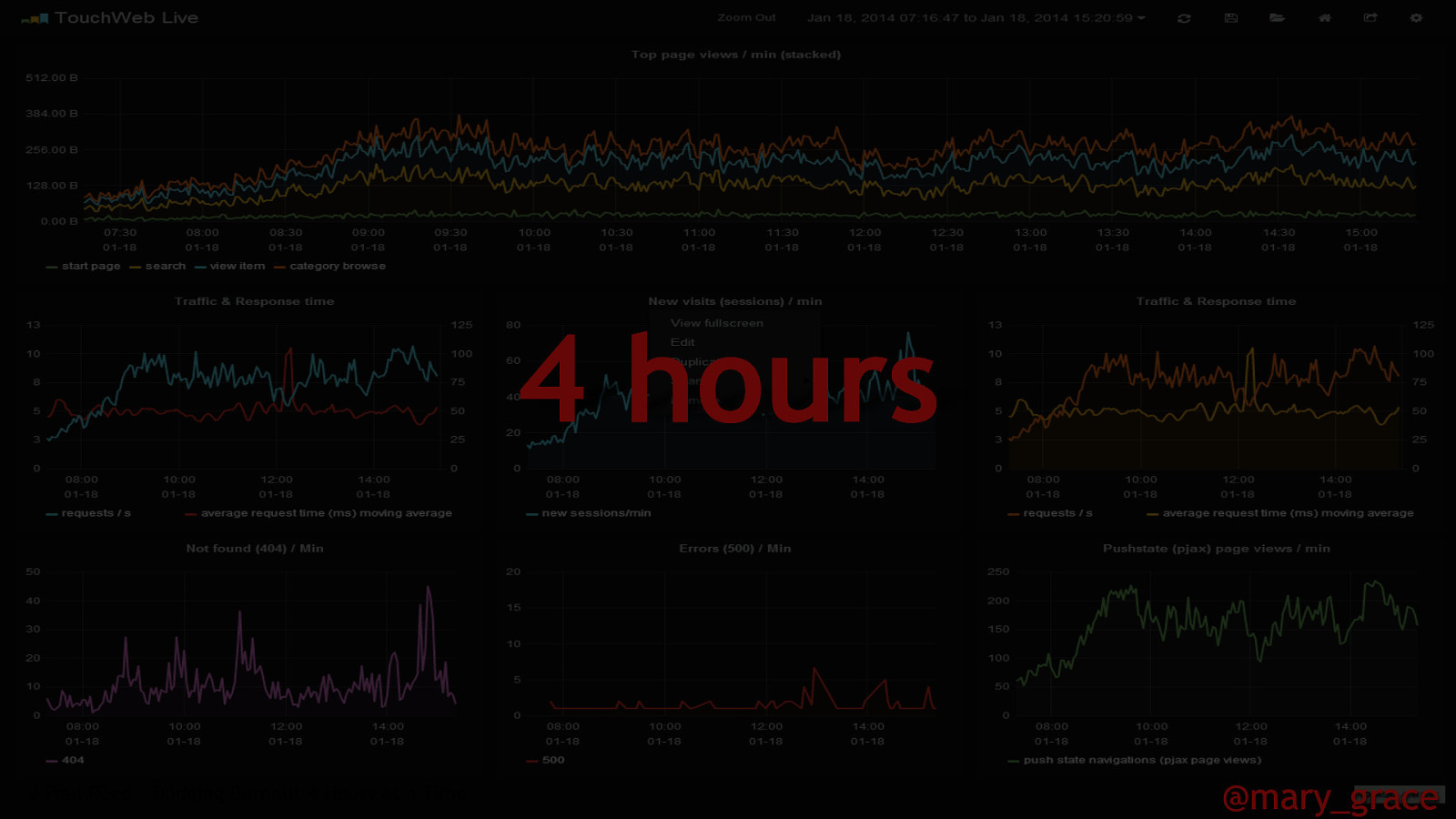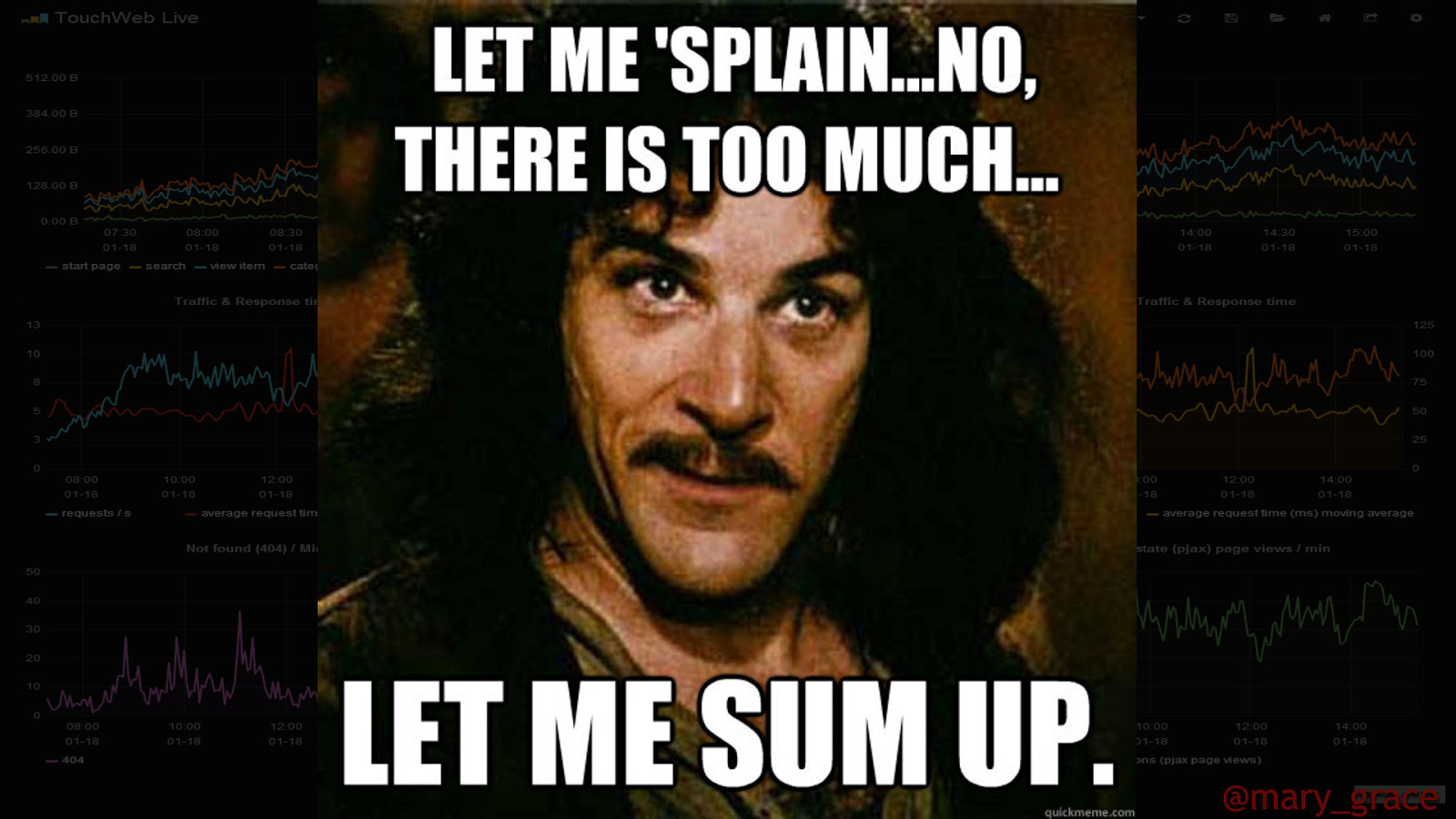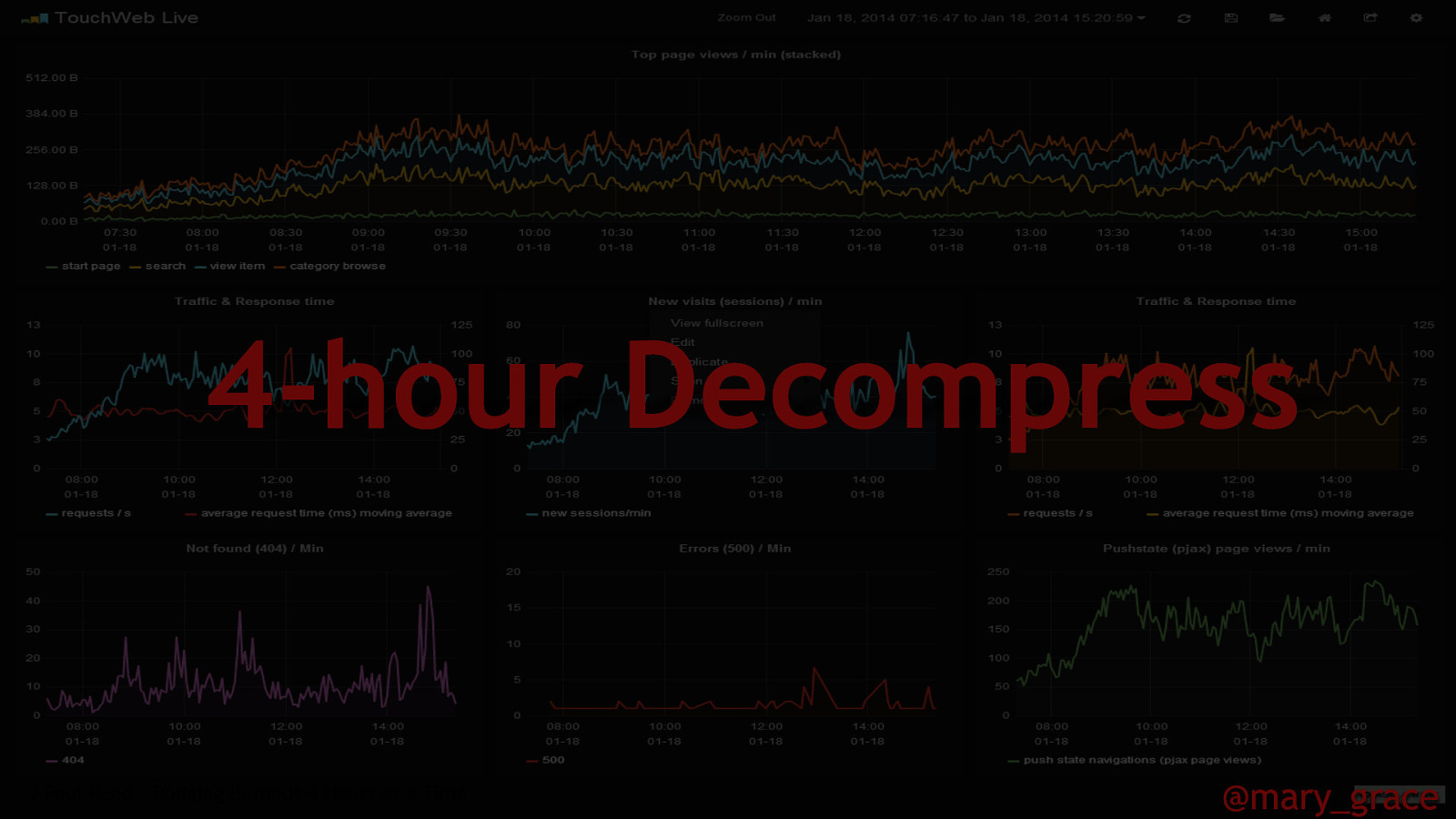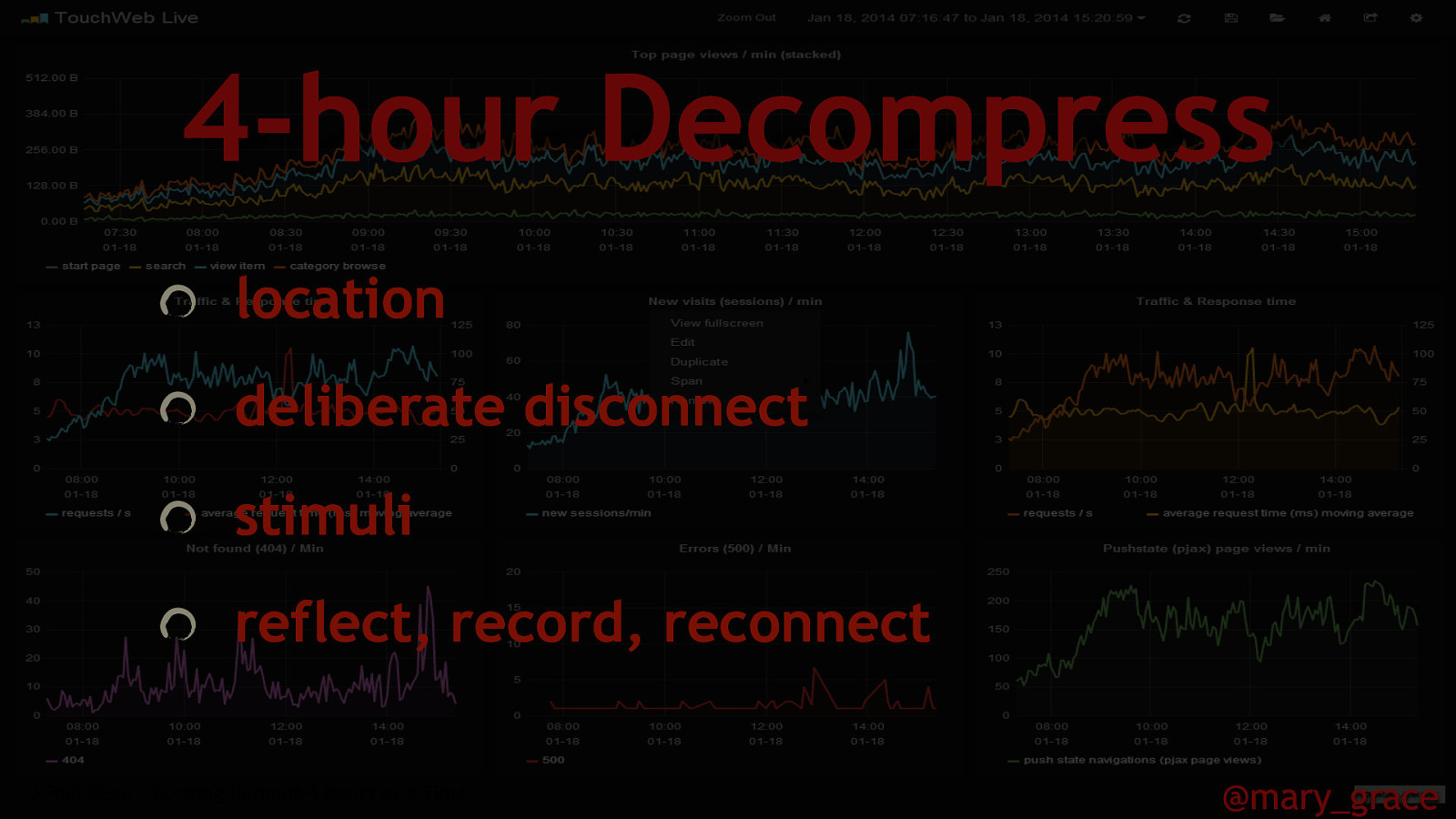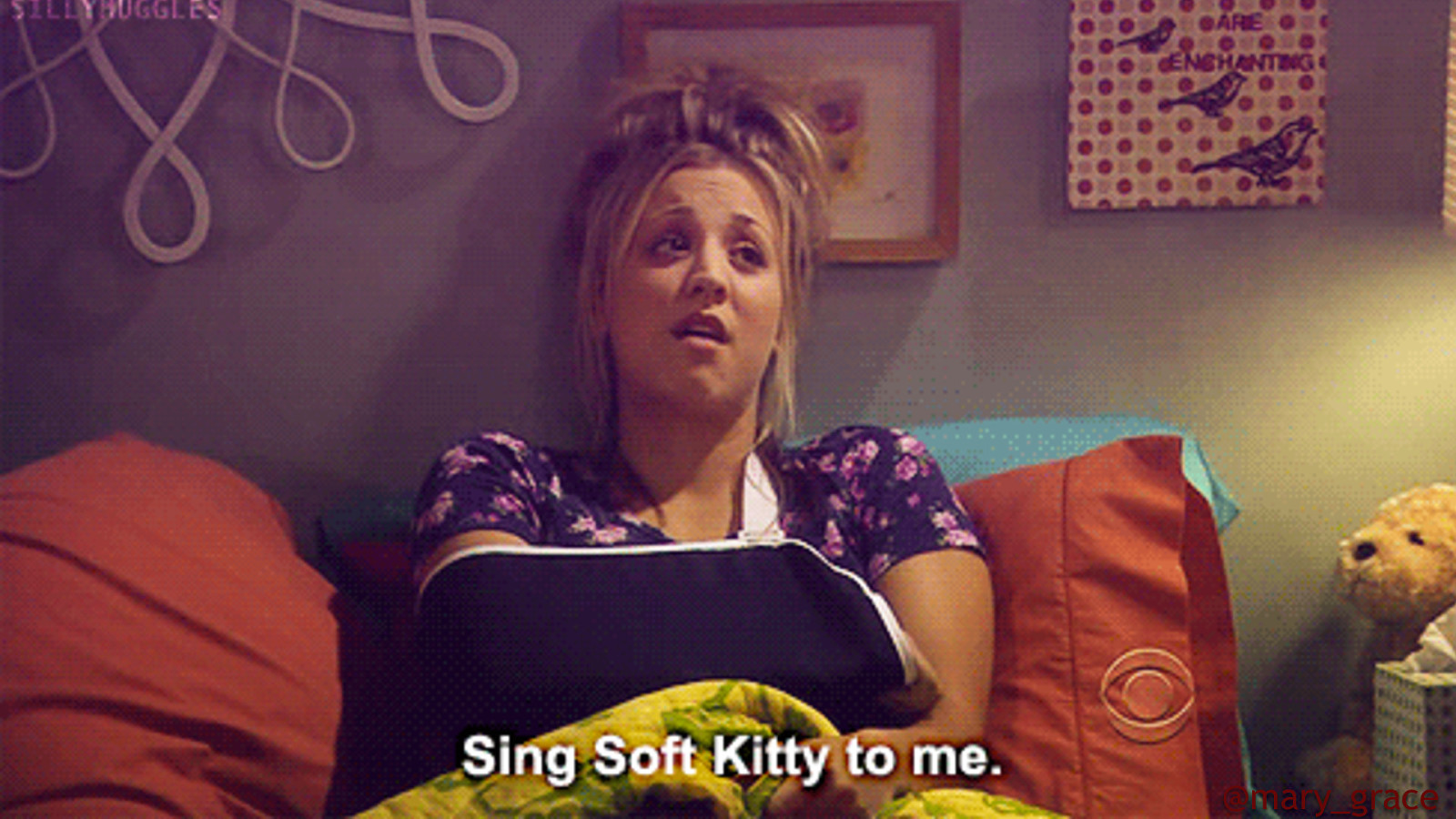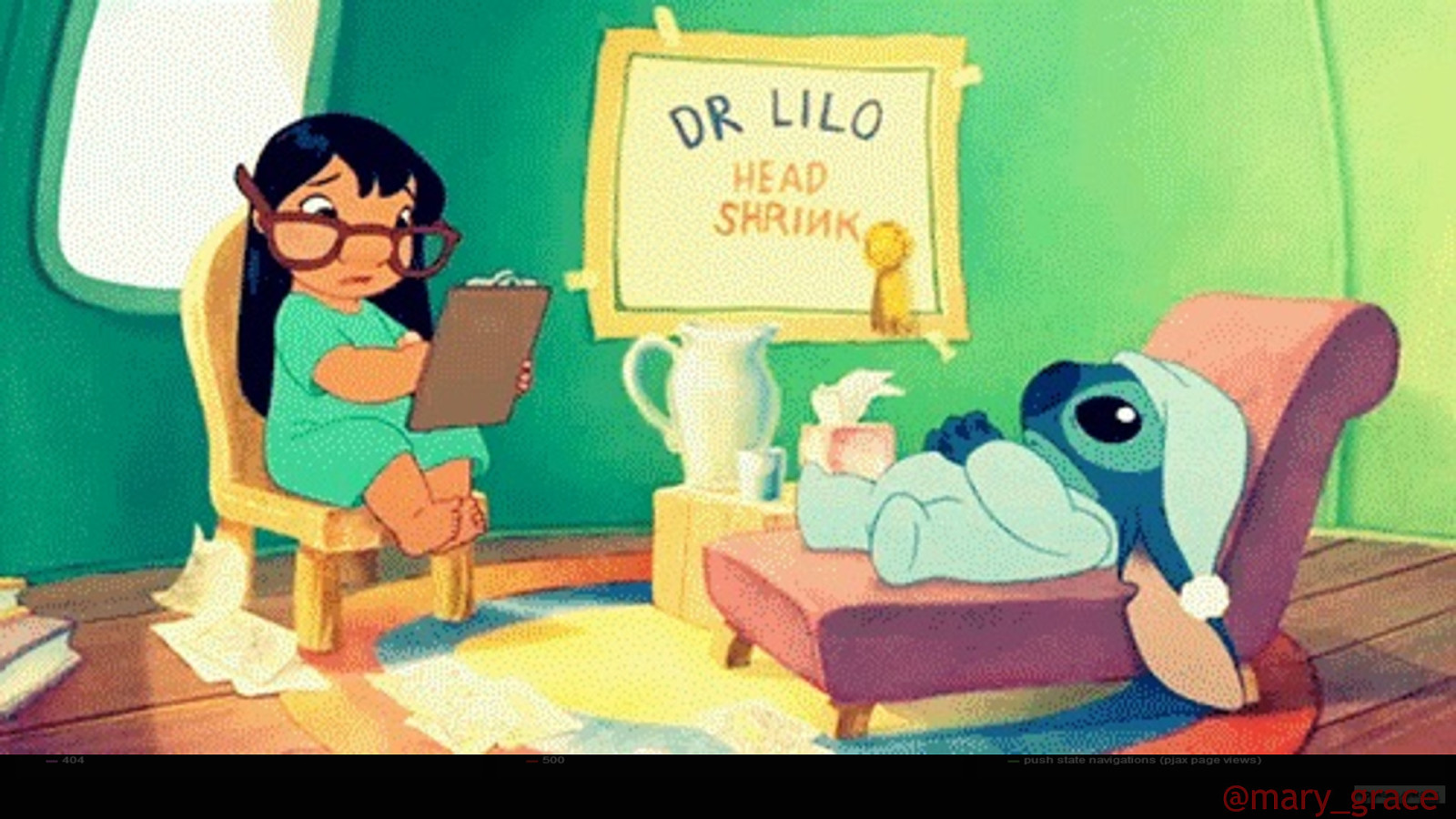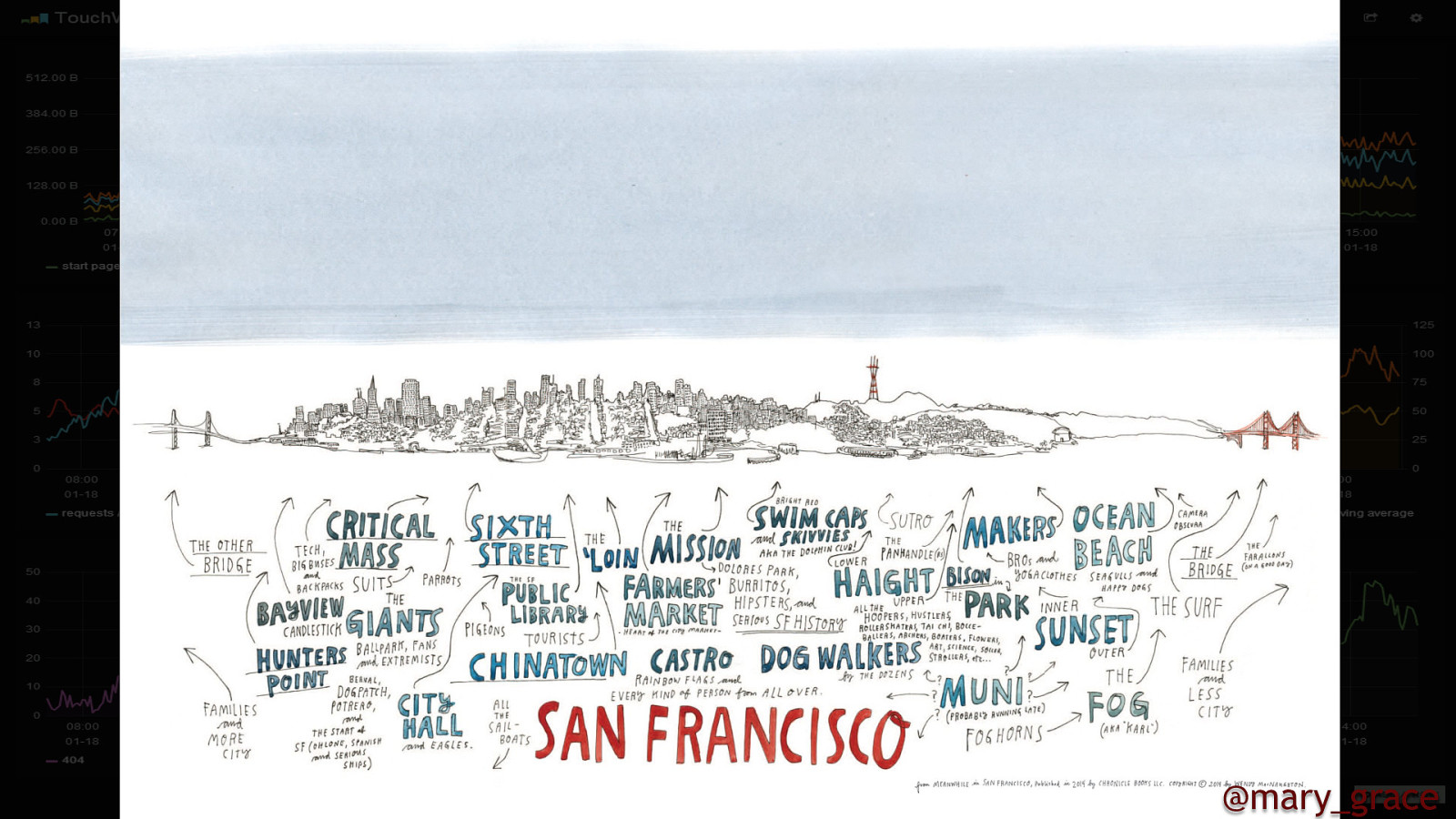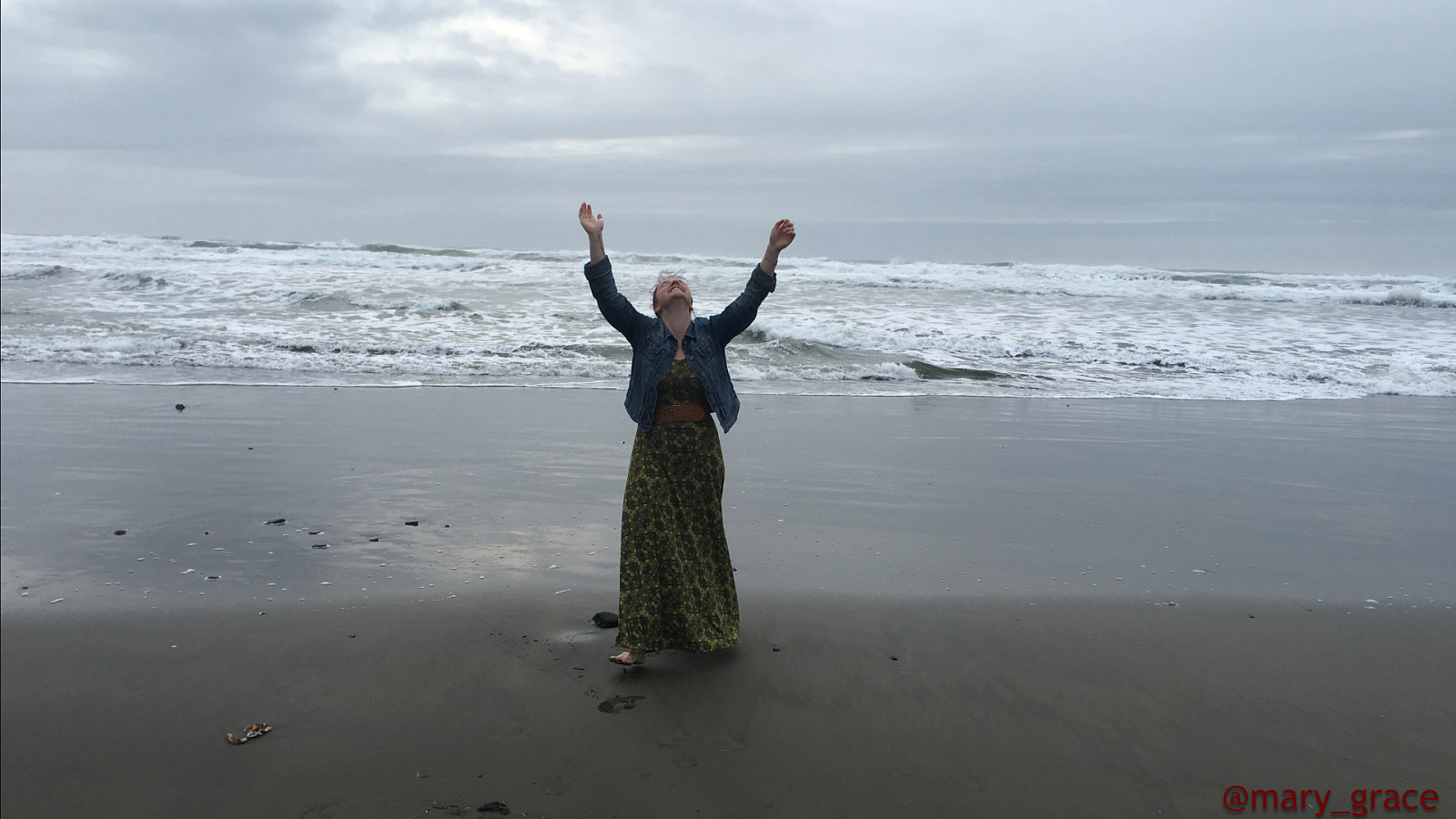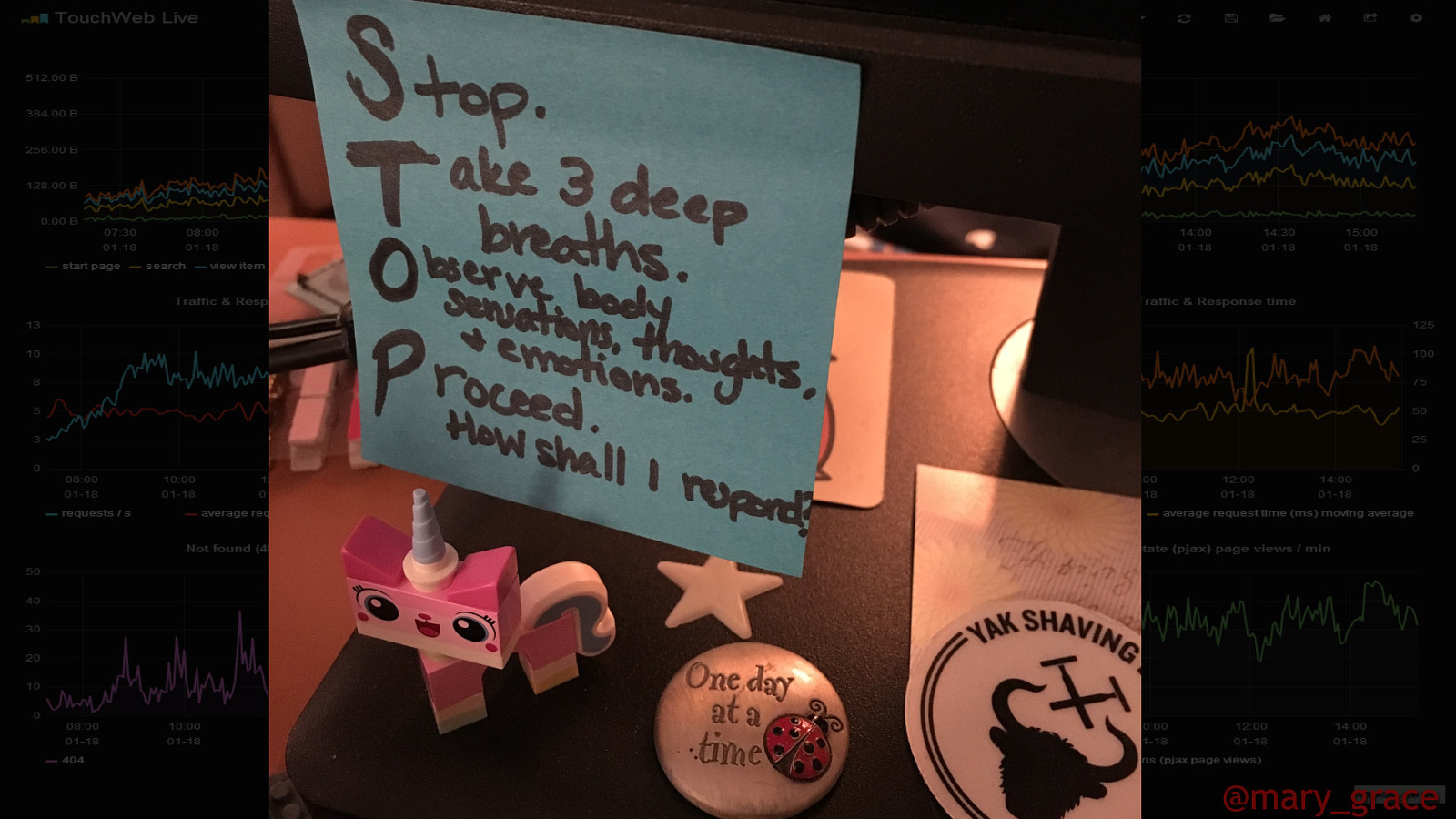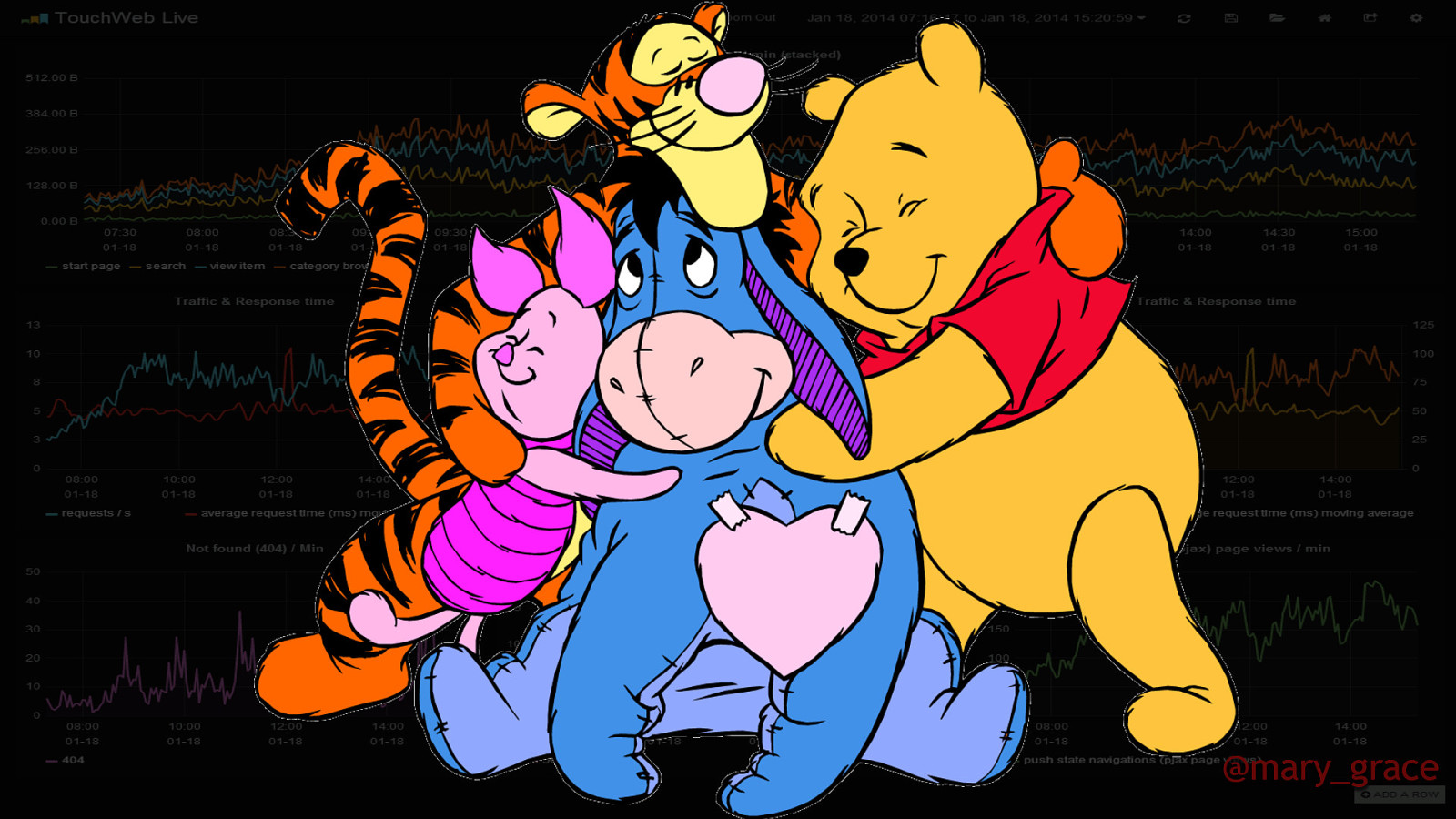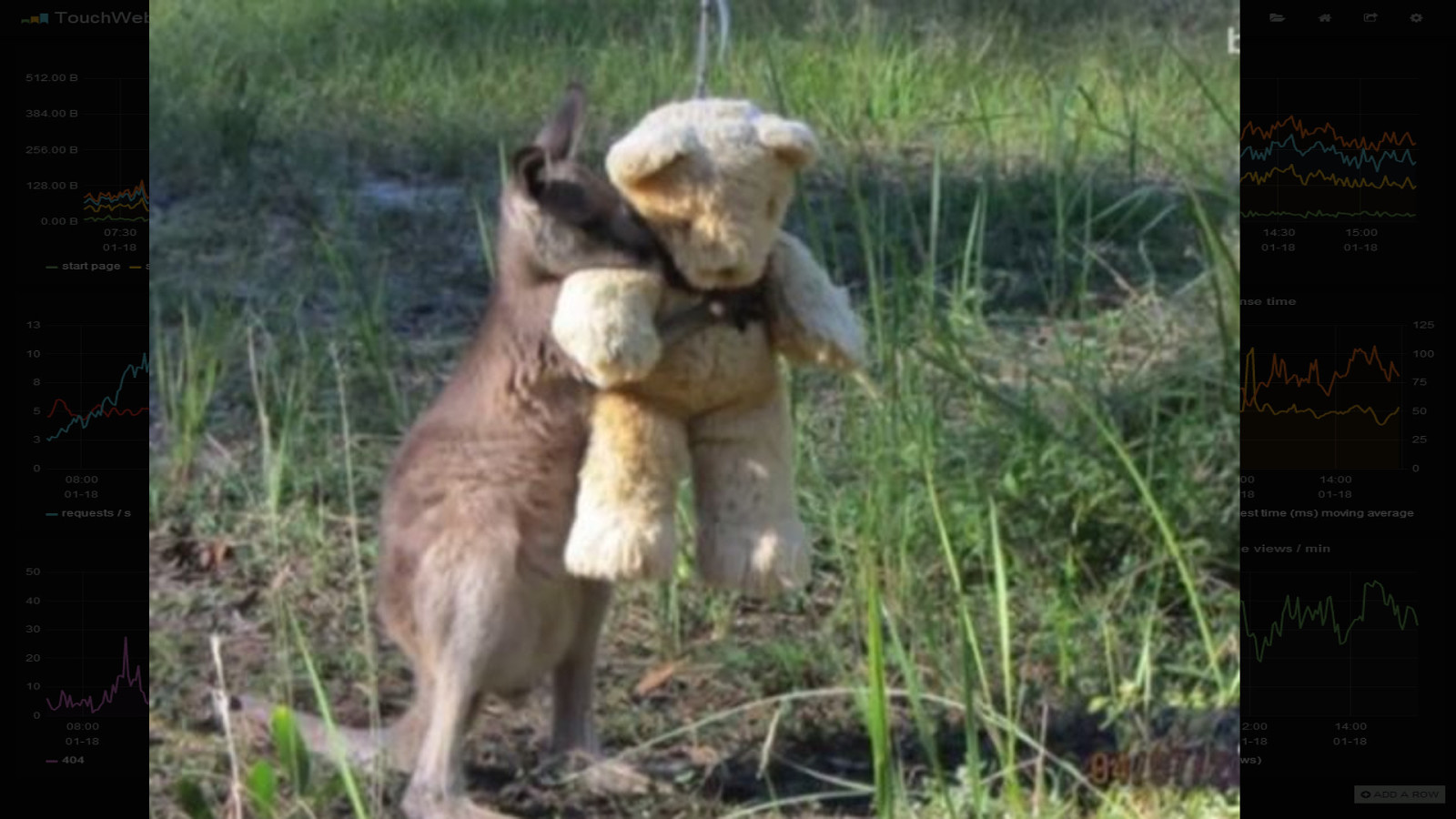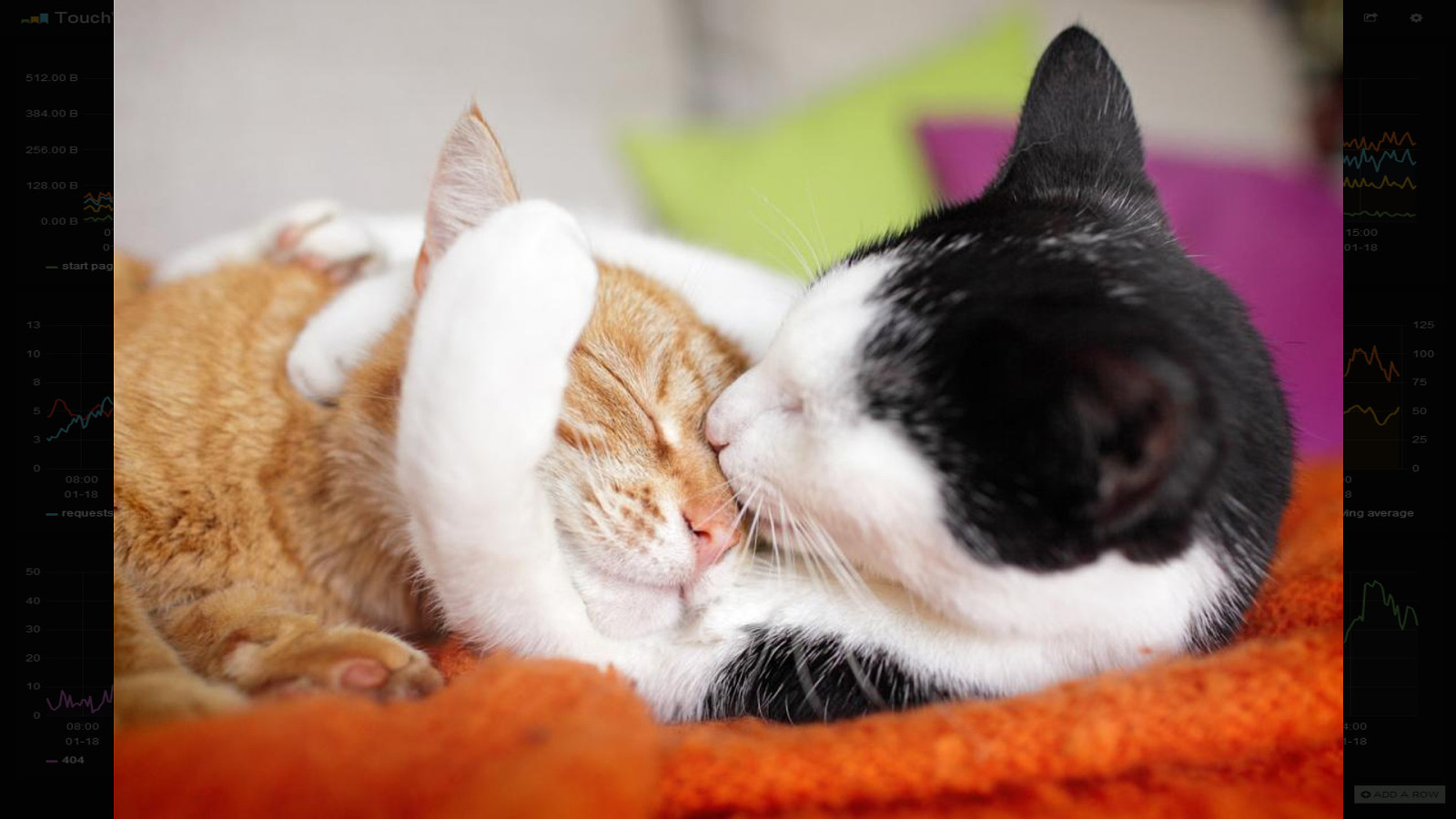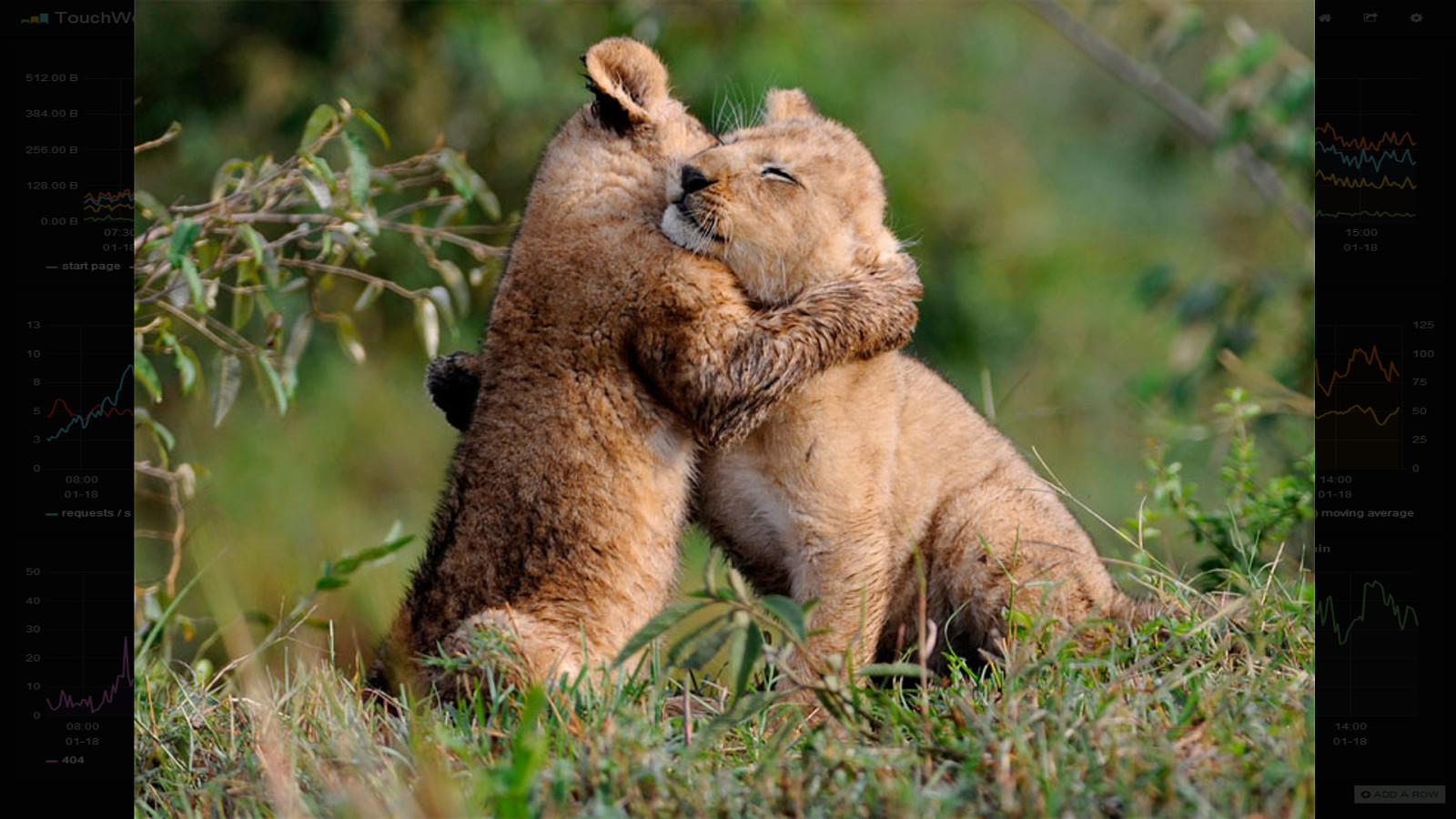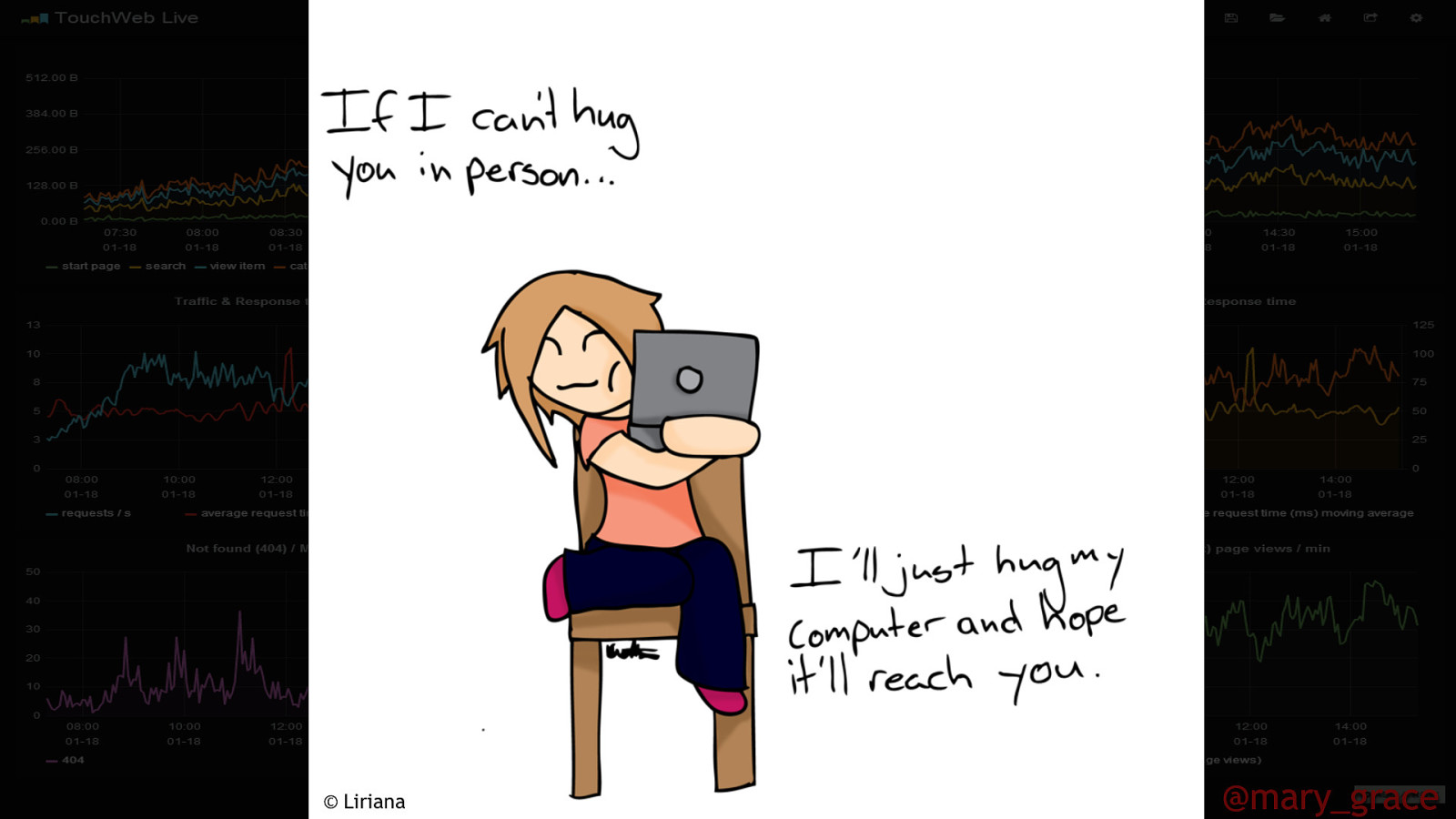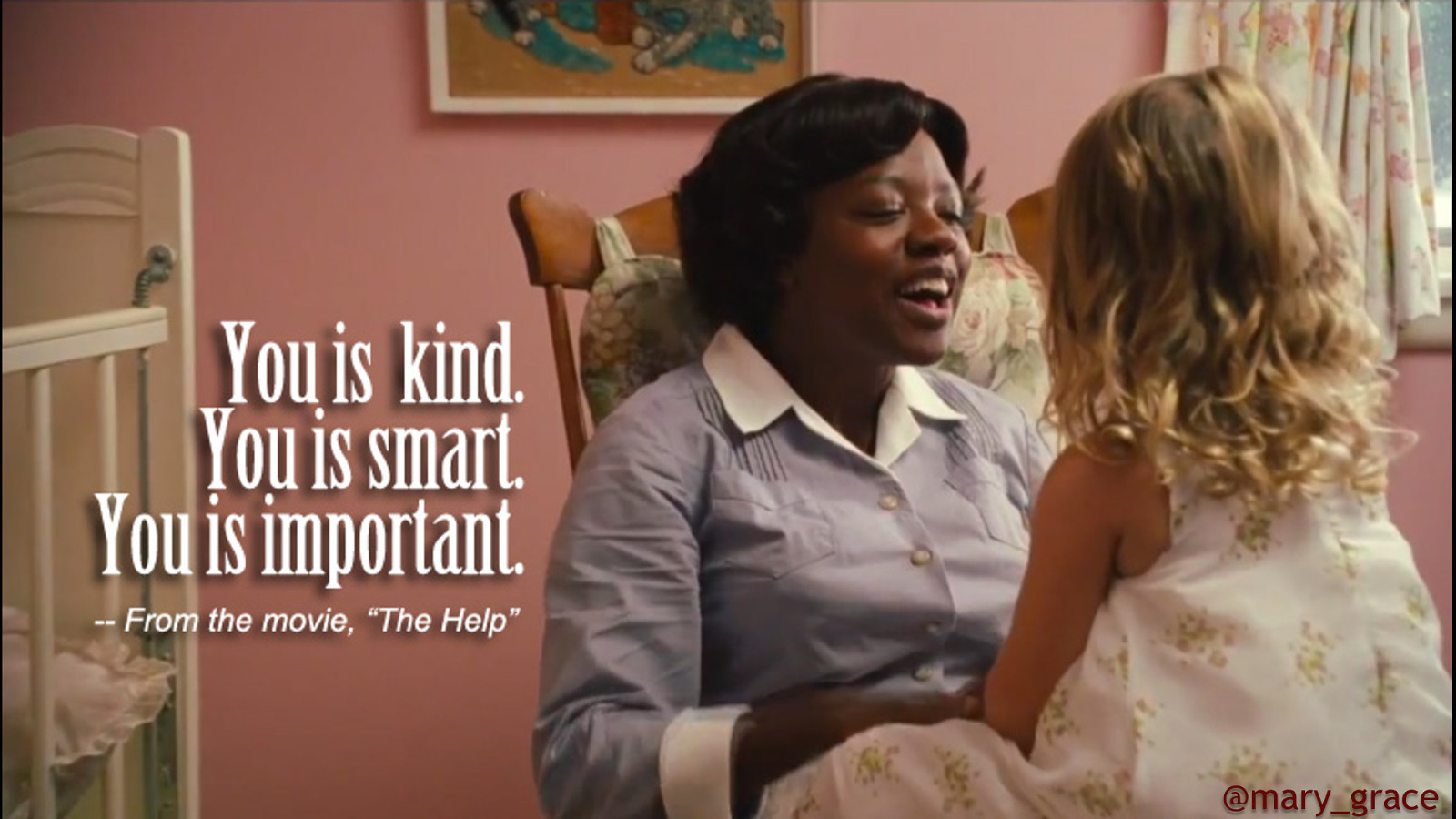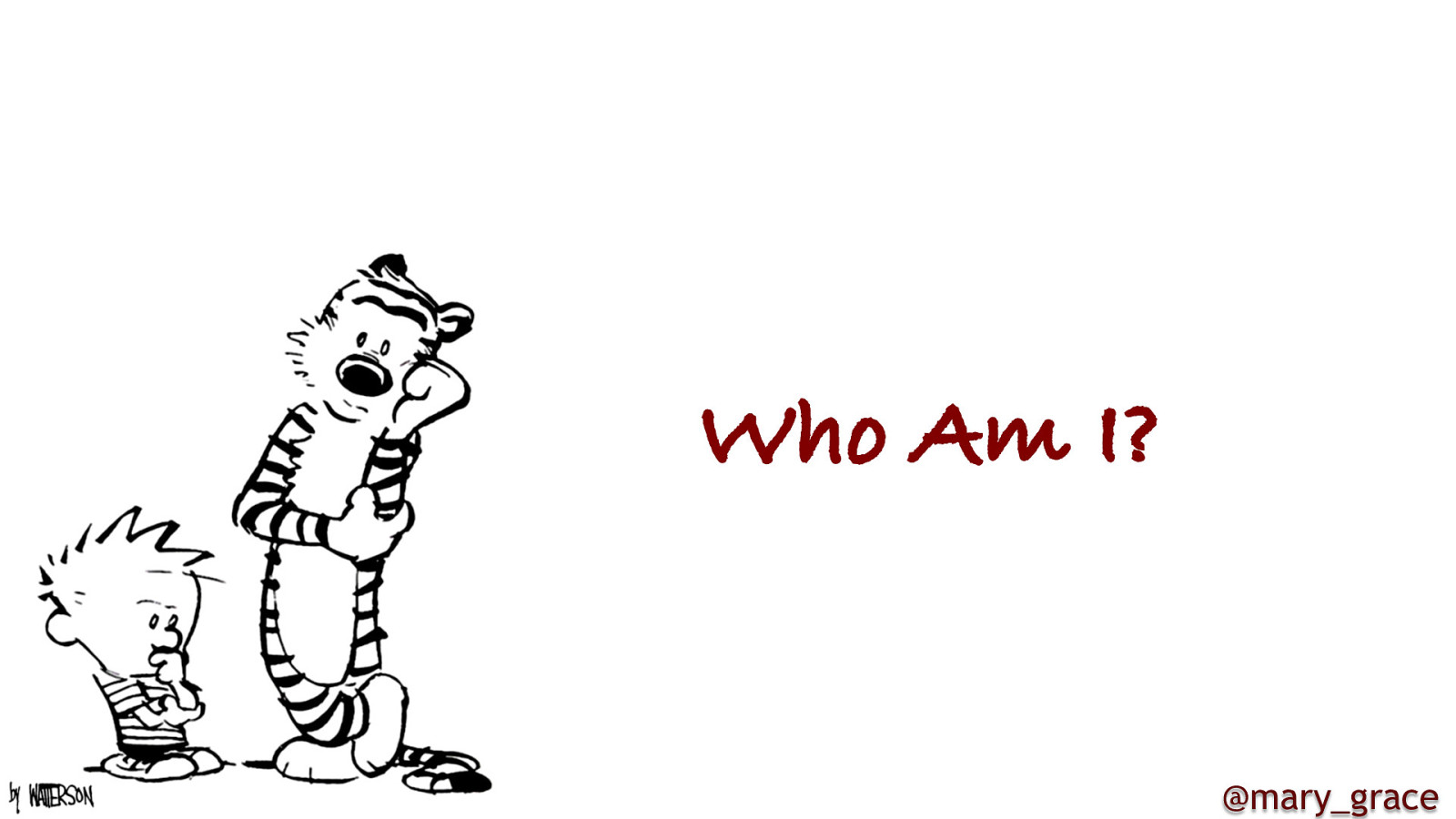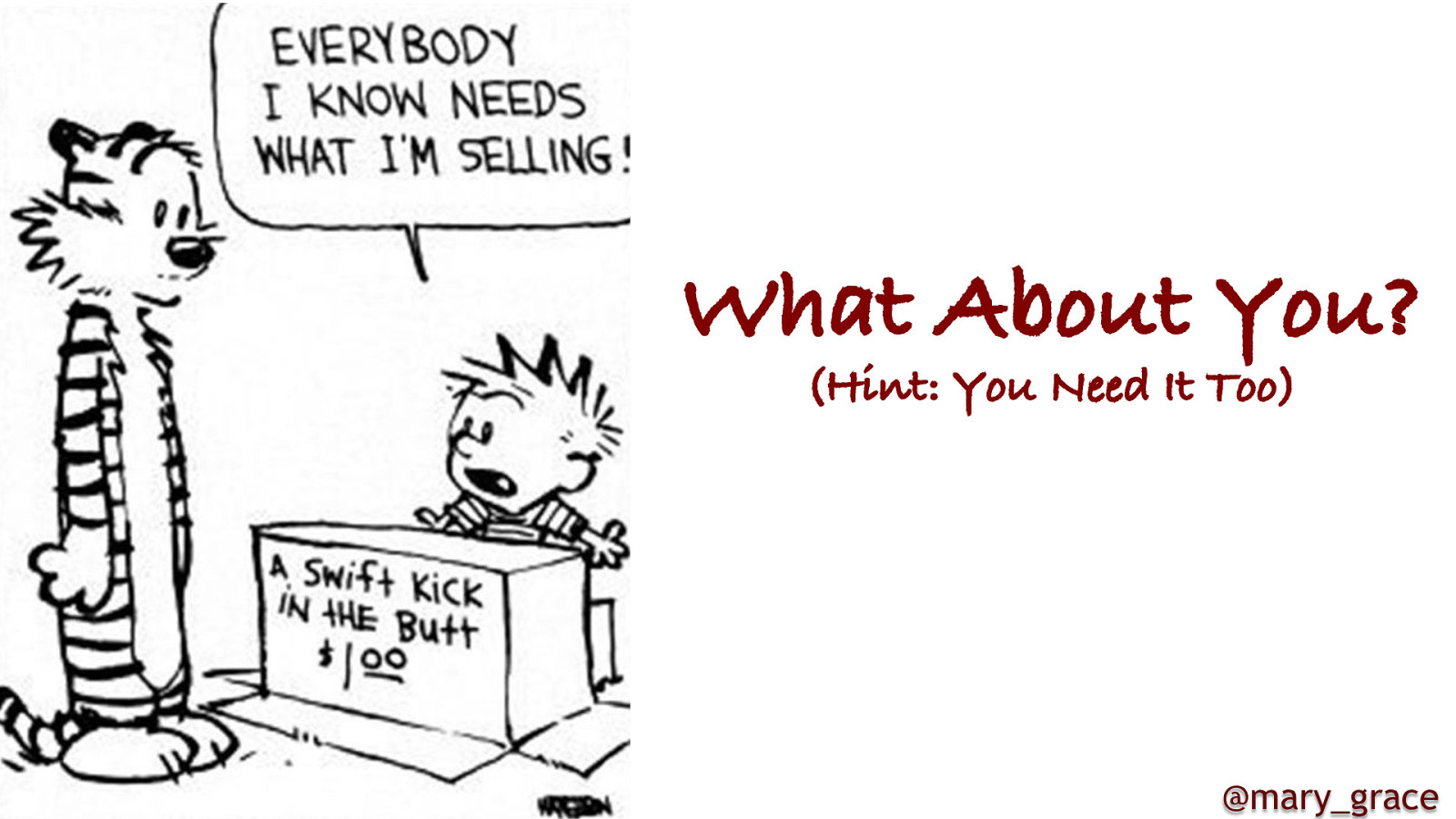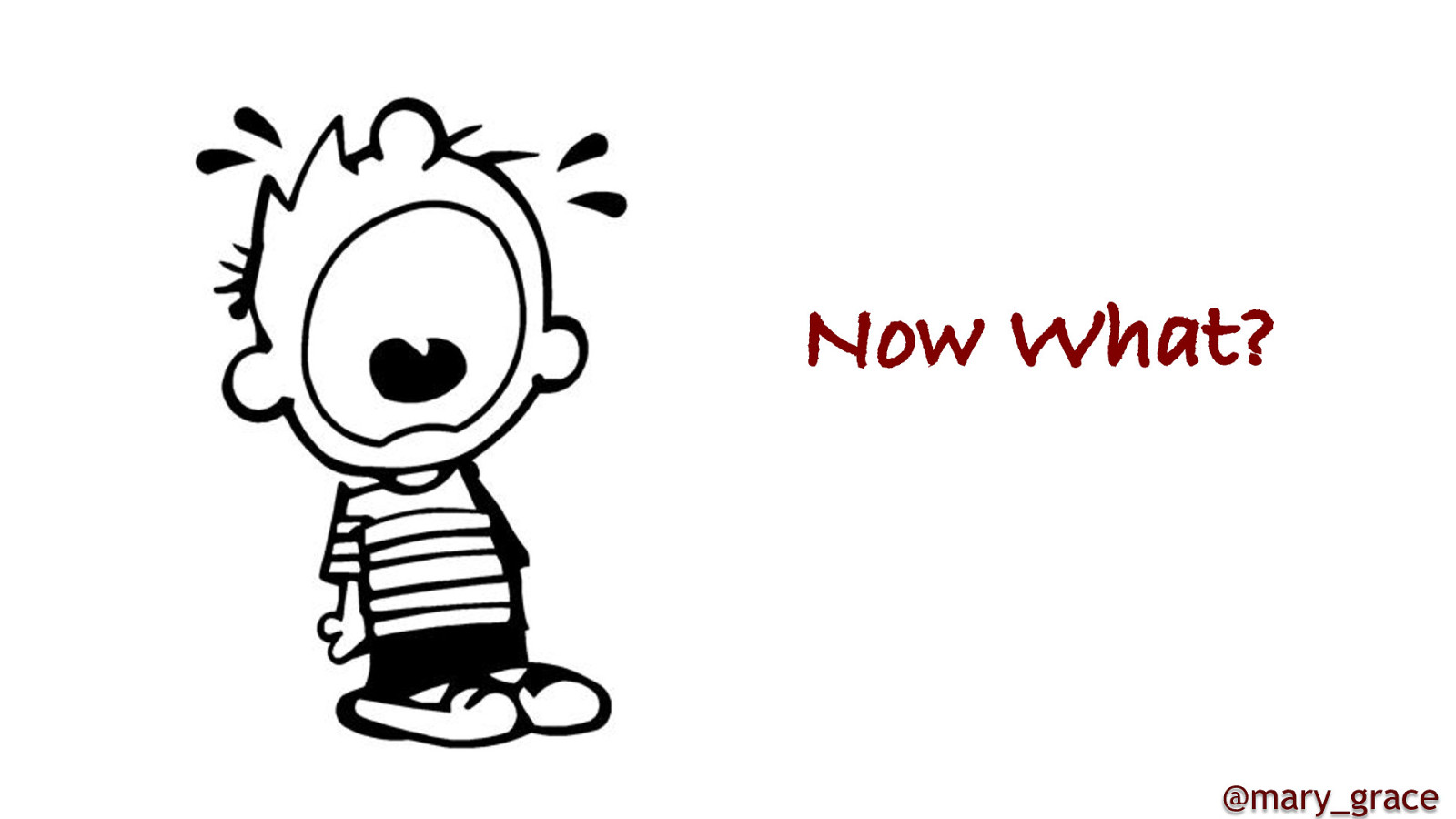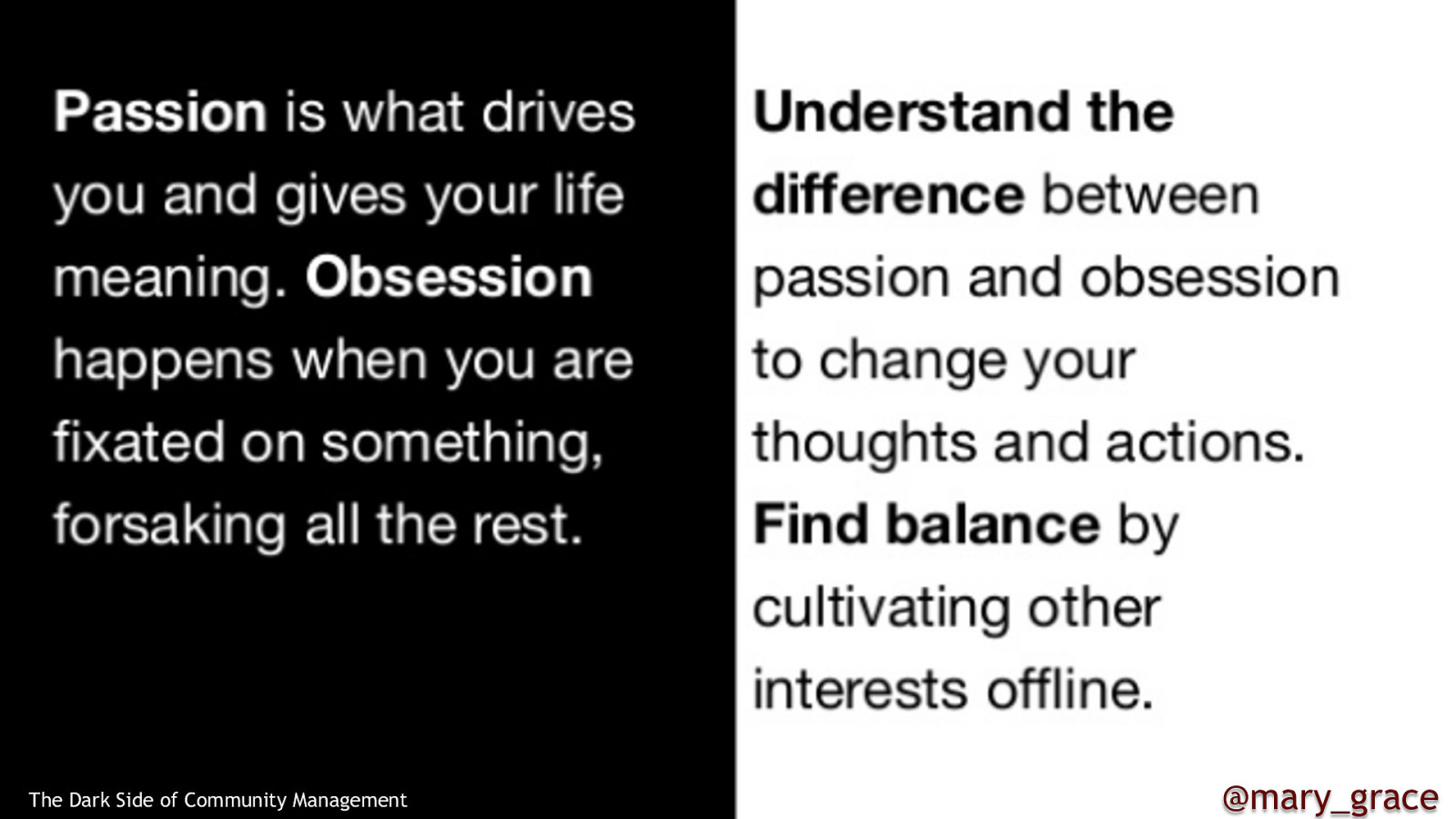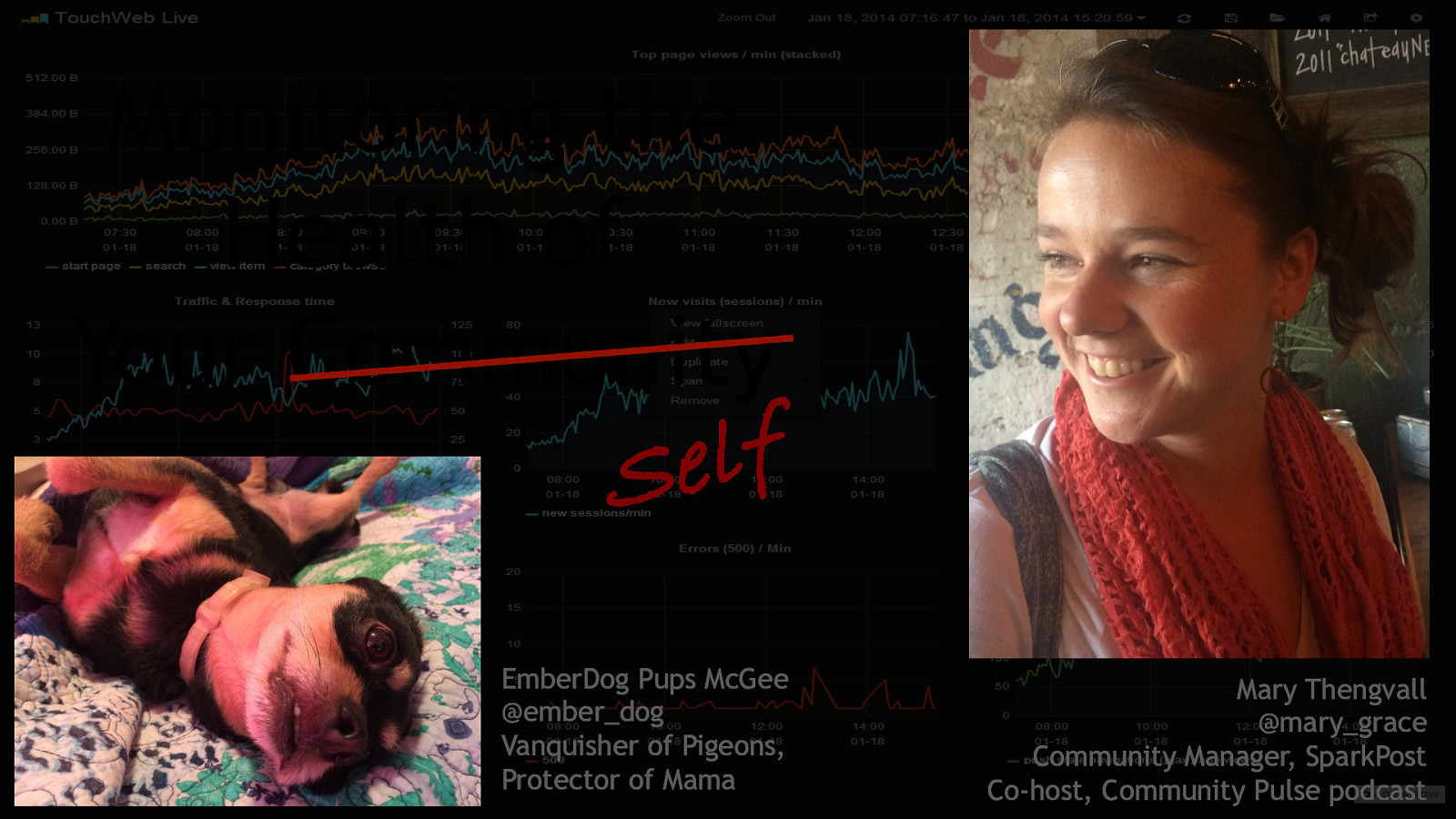At the very least (emphasis on very, very least) we all have 4 hours every 2 weeks that we can take off from work. Repeat acer me: it’s only 4 hours. And tell your boss… it’s only 4 hours every two weeks. 4 hours out of 80. 4 hours that will make you stronger, more effecUve, more efficient, and more moUvated to do your work on a regular basis. It can also lead to great ideas of how to lead and grow your community as you take the Ume to step back and see the forest as well as the trees. So here’s what it involves: - Find a place where you can relax, get comfortable, spread out, and dig in. Whether that’s a coffee shop, the library, a hiking trail, the pool, etc. Find that spot - During the first hour, delierately disconnect from your normal day-to-day work. If you need to wrap up a few things before you can completely disconnect, cool, go ahead and do those. If you need to spread out your equipment, cool. Whatever you need to do in order to disconnect. I usually wrap up a few things and then go for a run or a nice walk with Ember to get my brain off of work things. - During the 2nd and 3rd hours, find something that is construcUve and helpful, but allows you to stay disconnected from your everyday work. SomeUmes, this is digging into more lessons on codecademy, someUmes it’s reading the latest business/work-related book I’ve picked up, or whiteboarding the latest topic I’ve
40



















